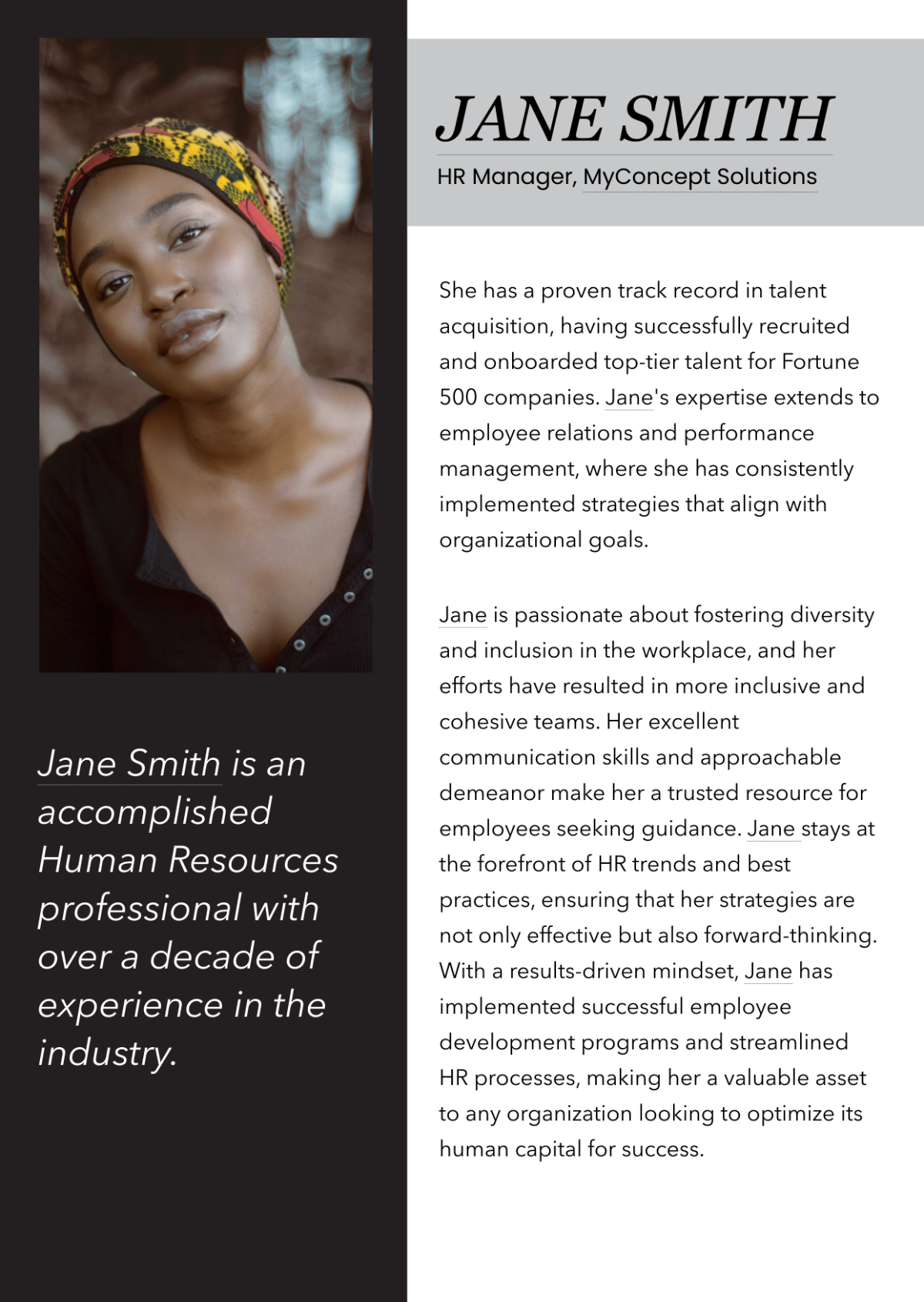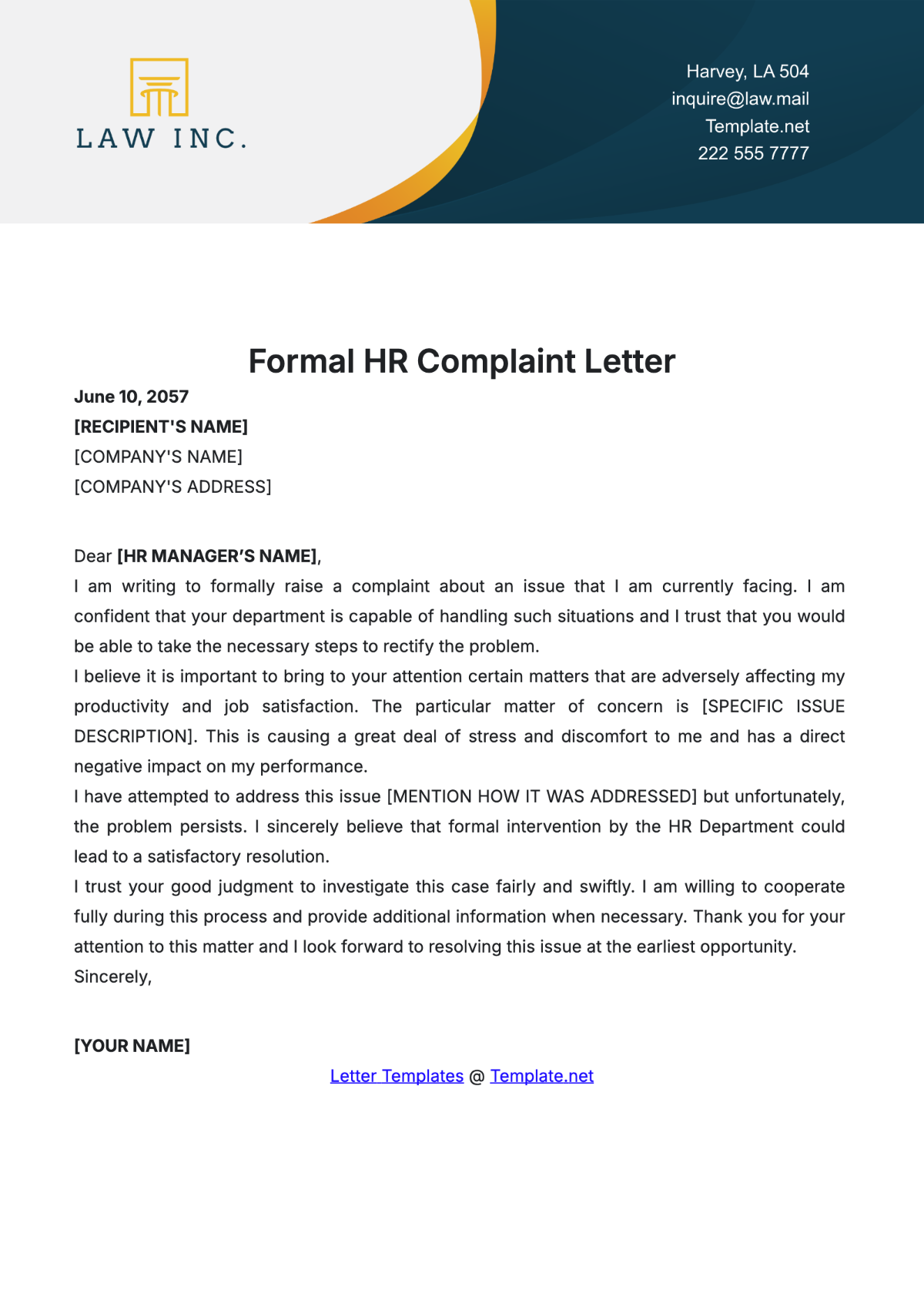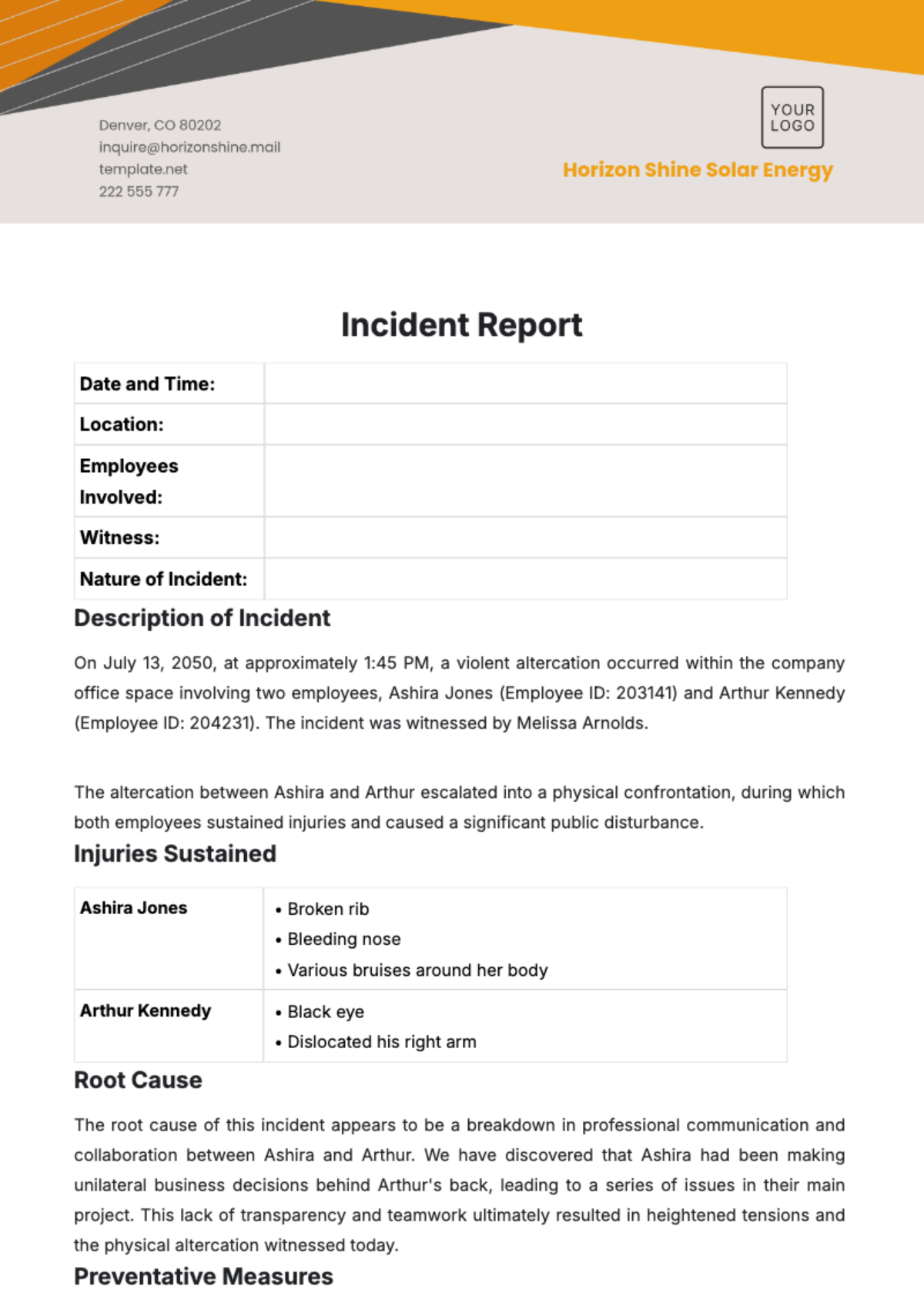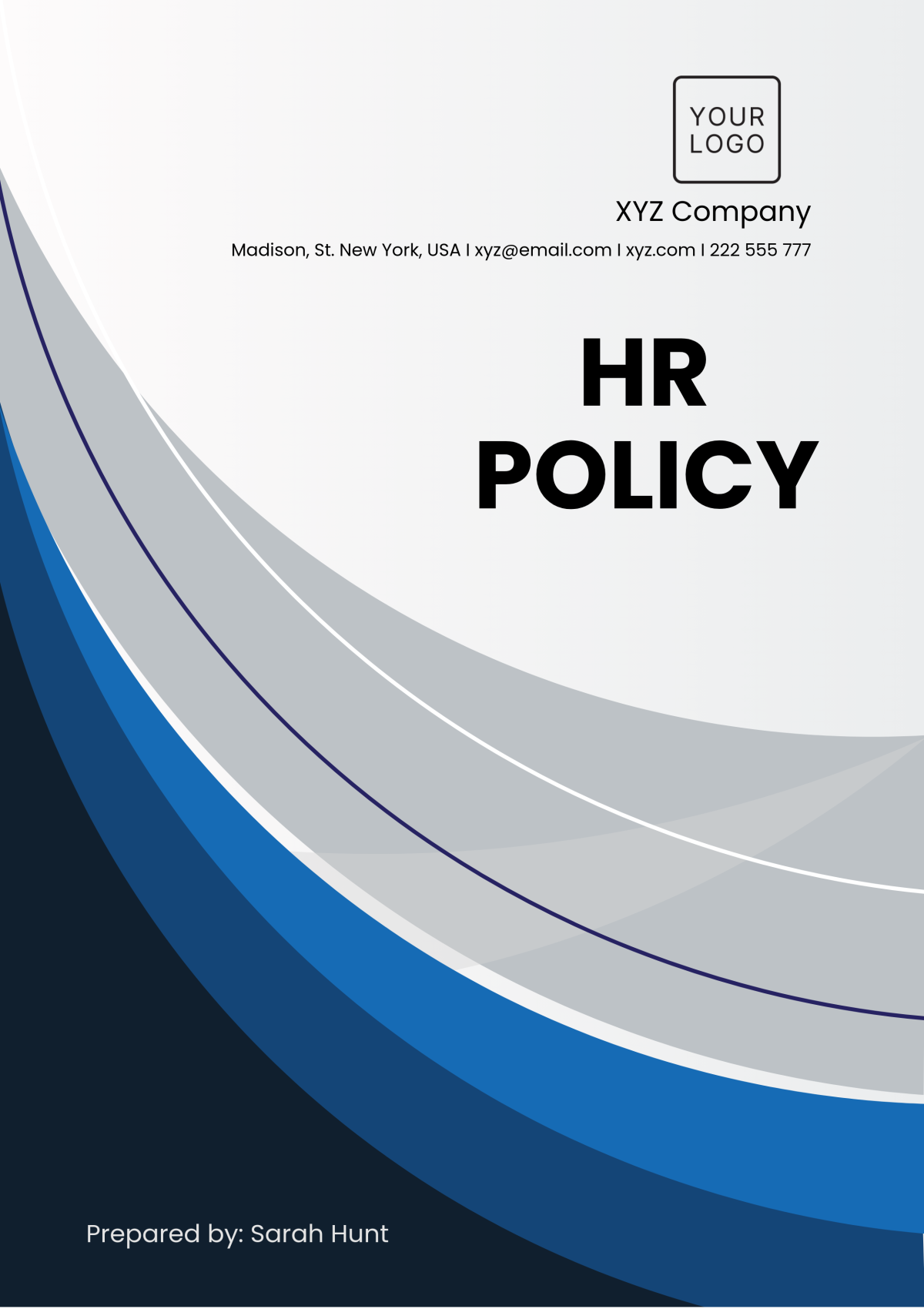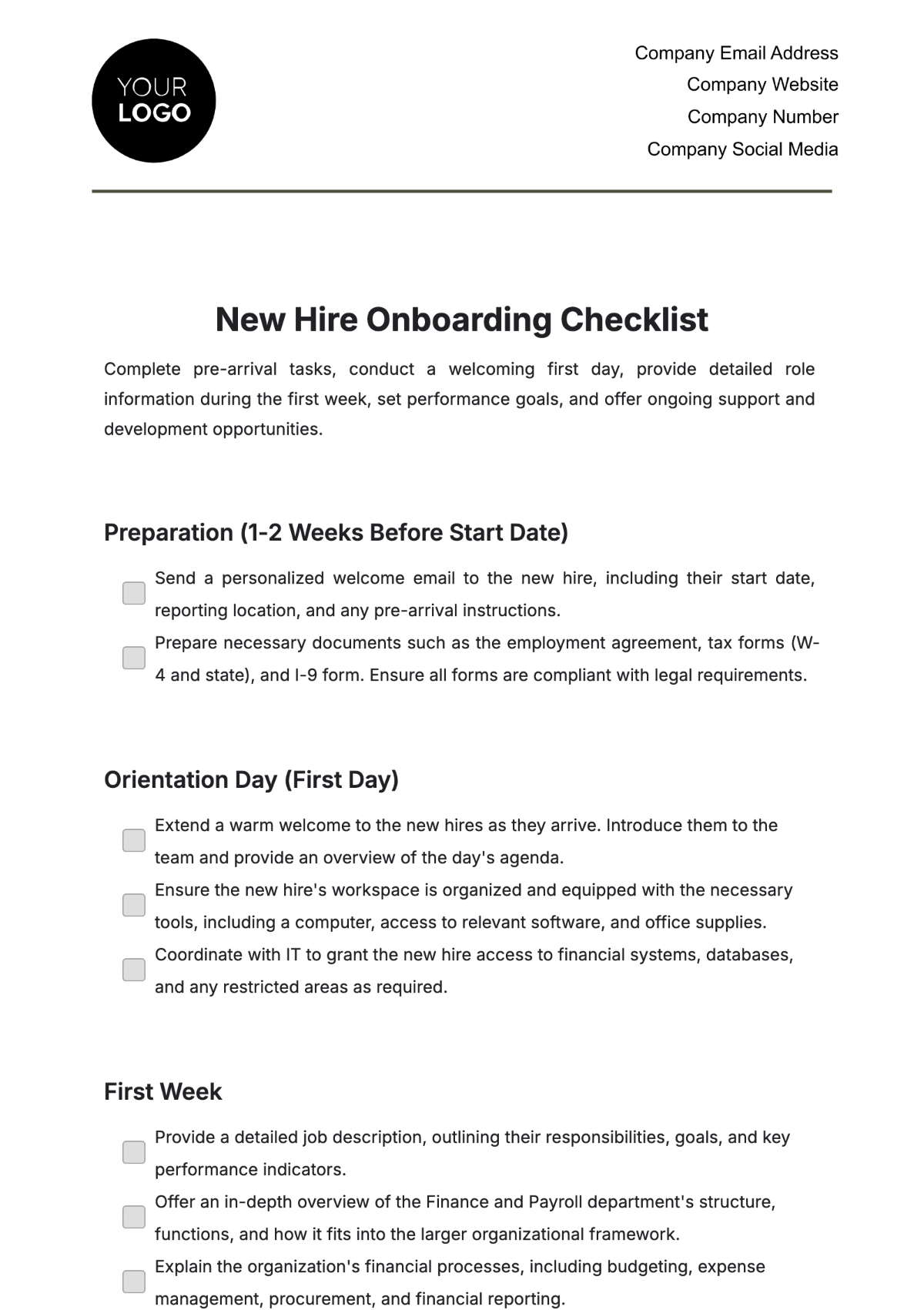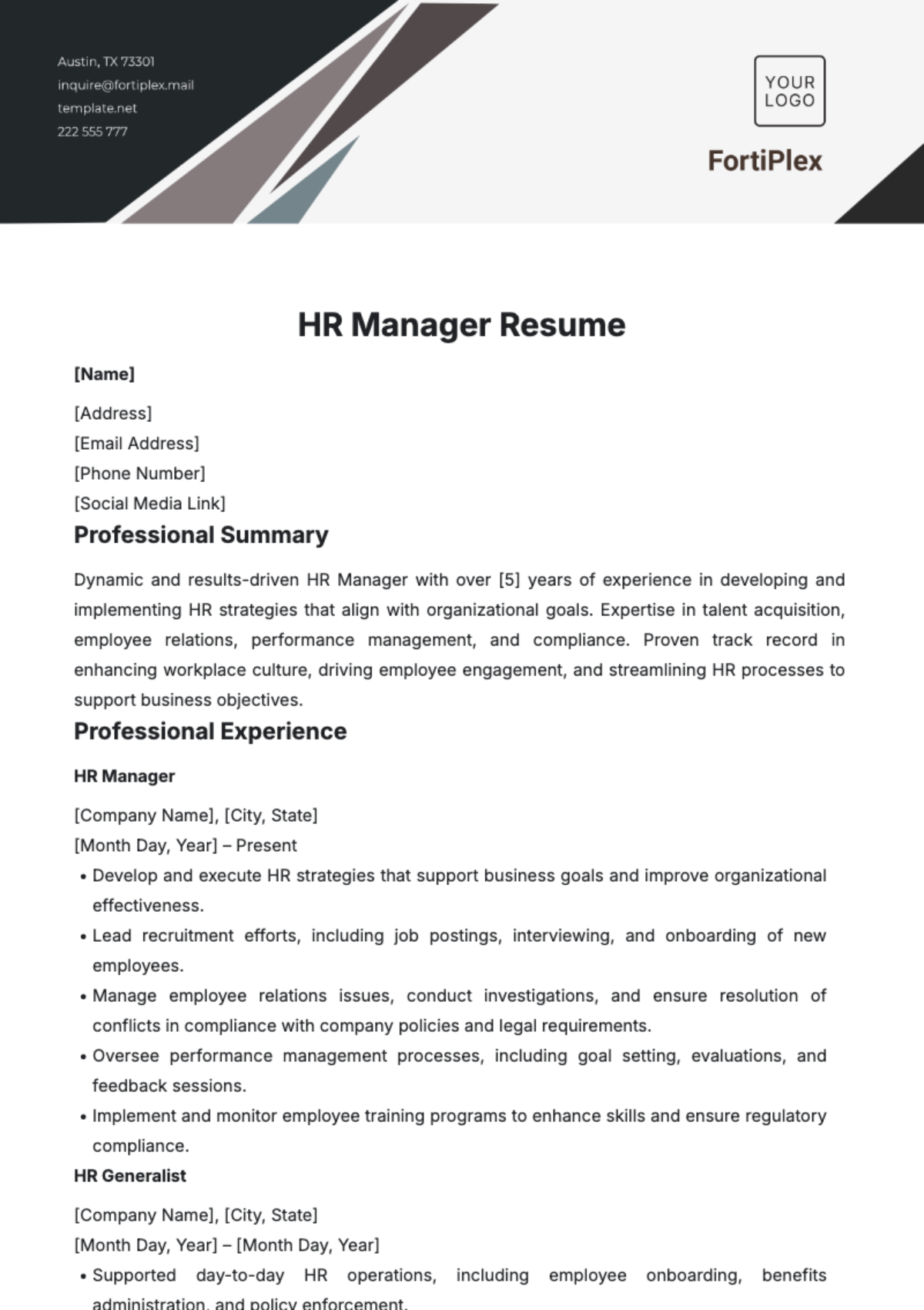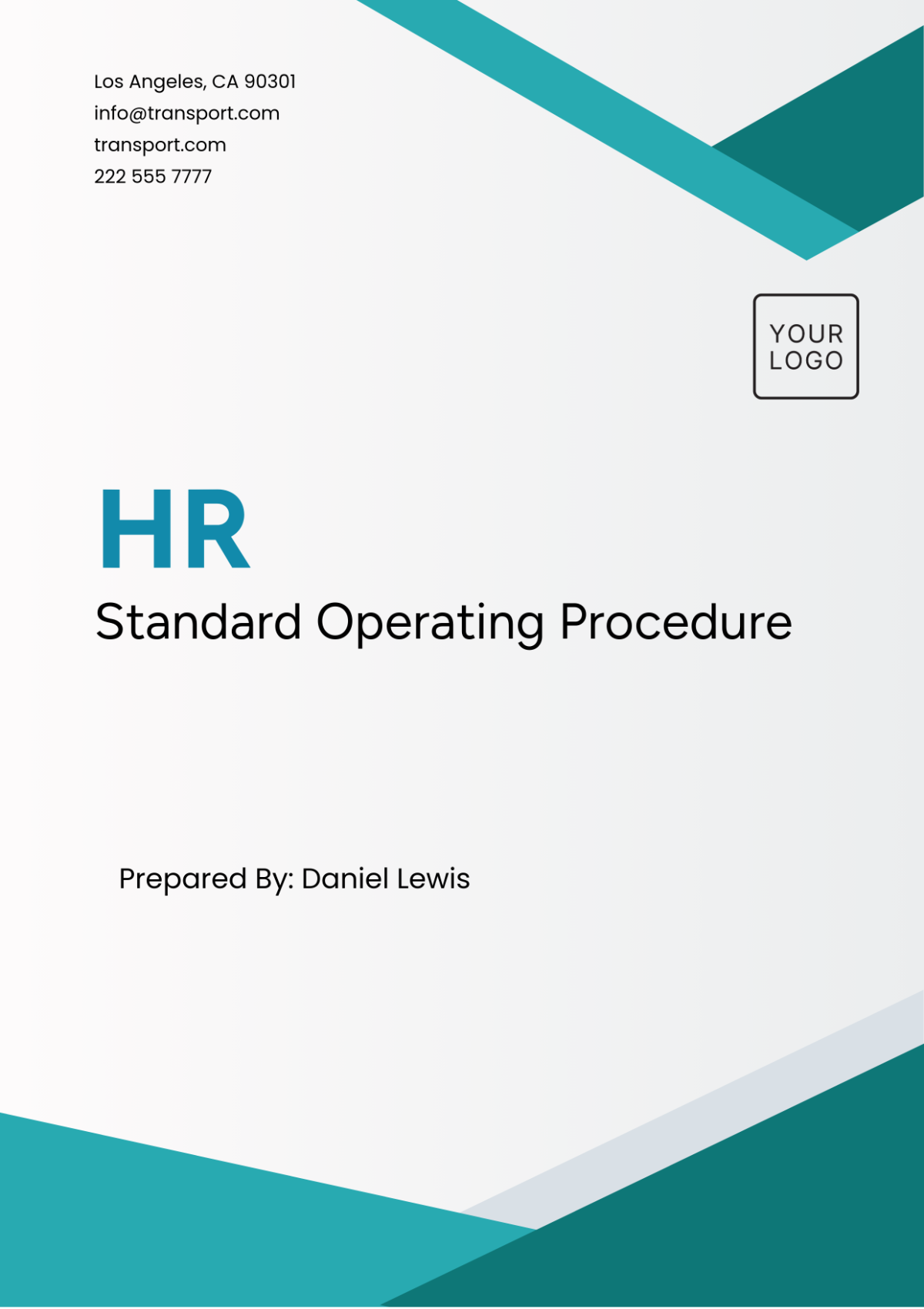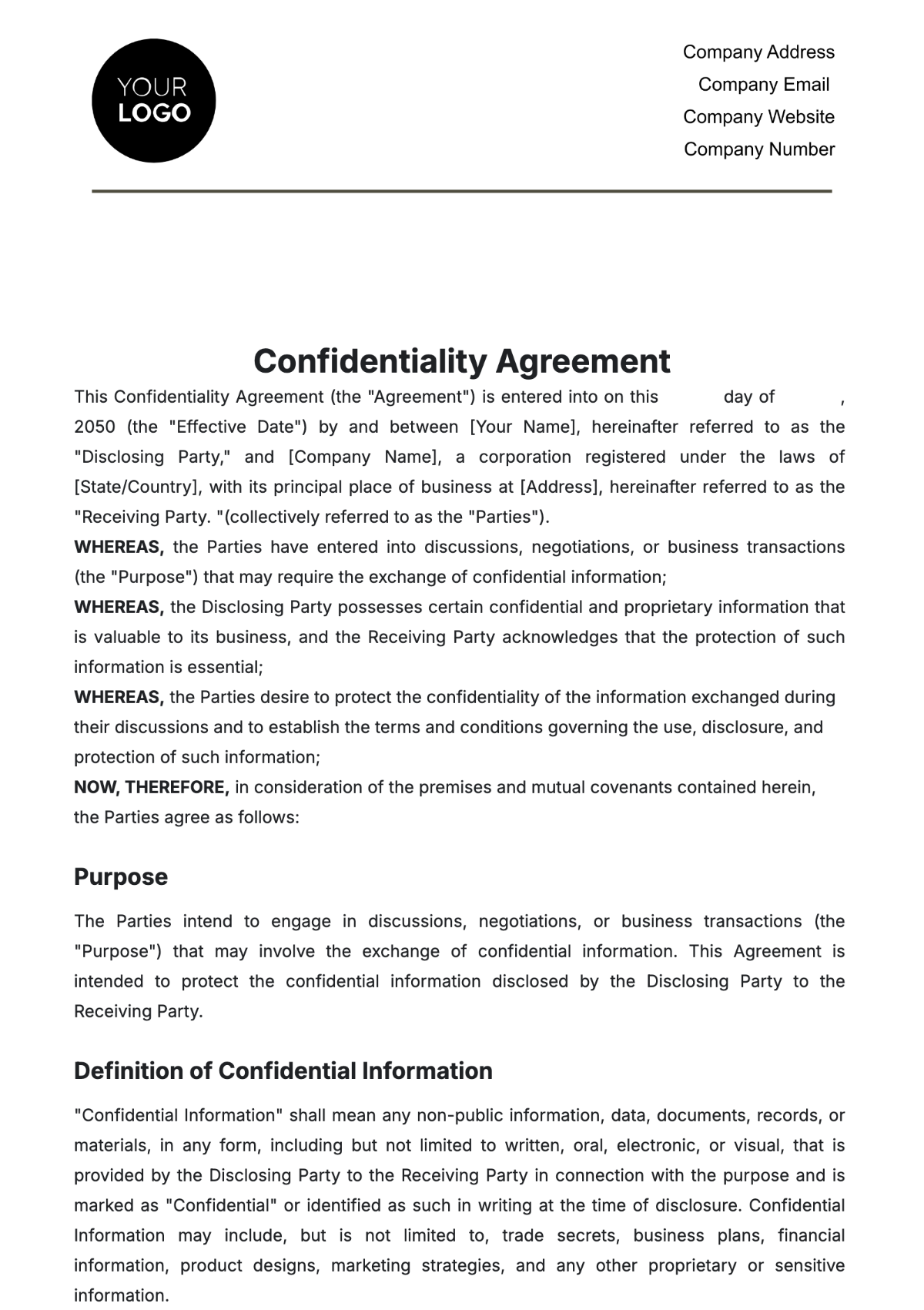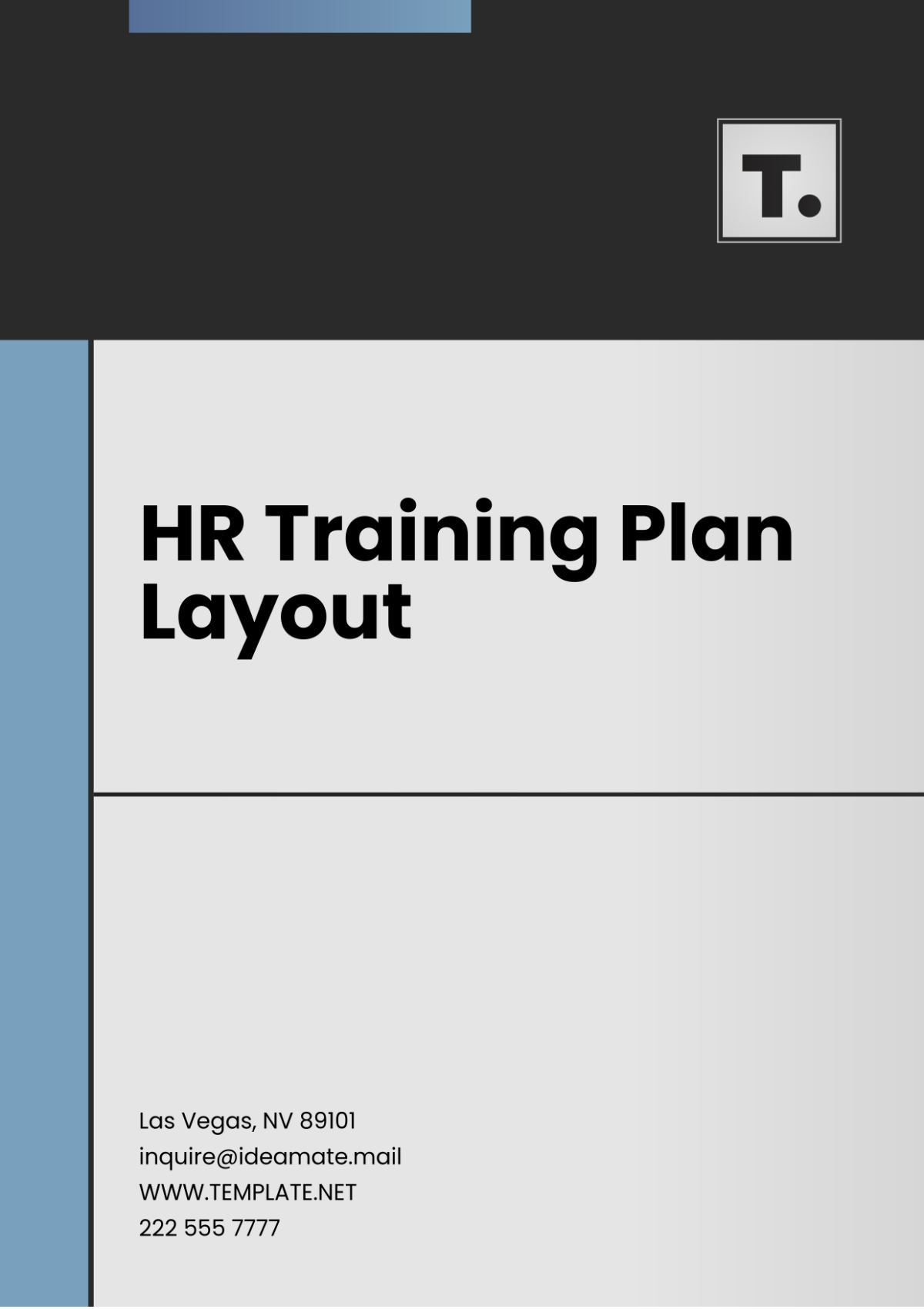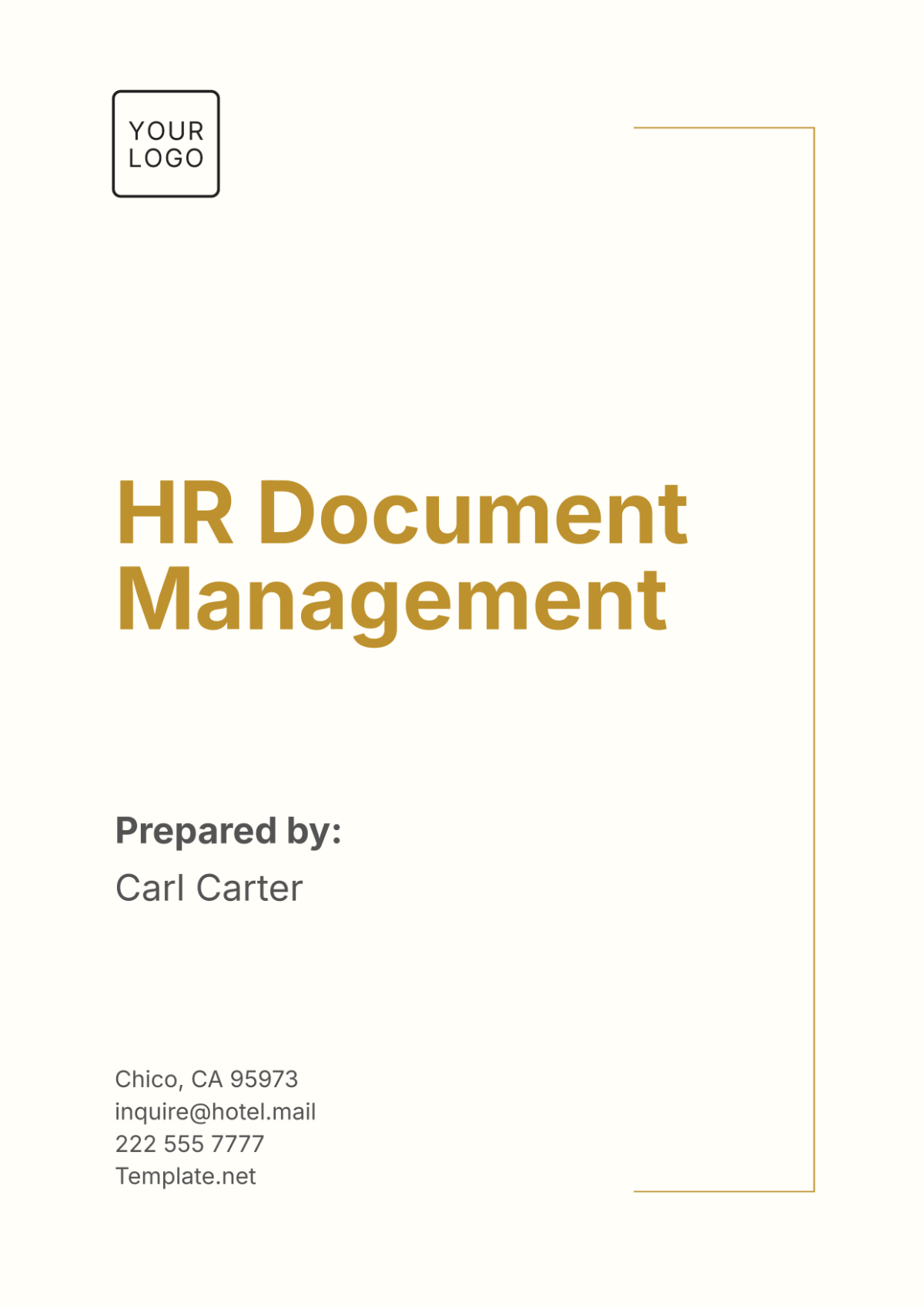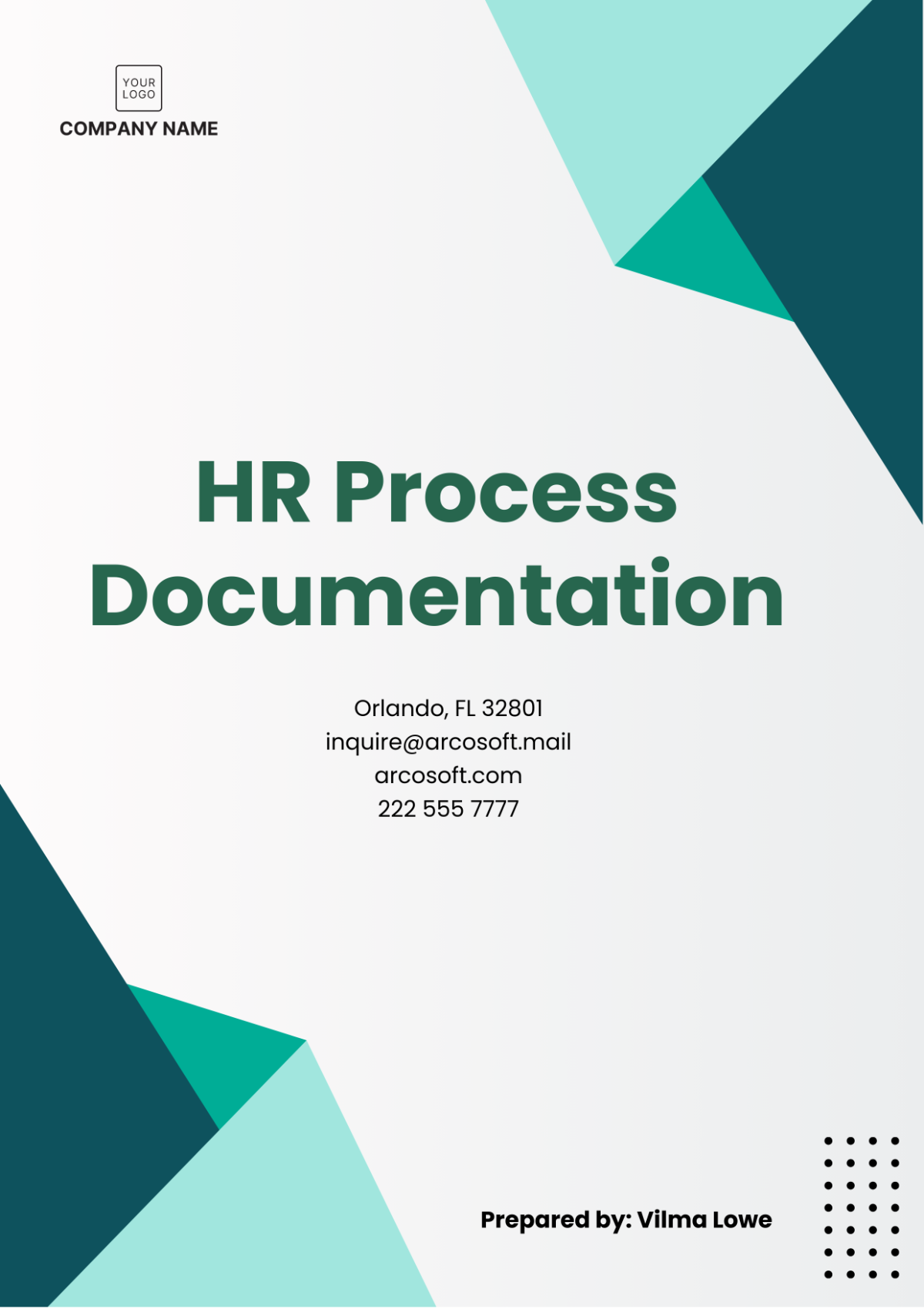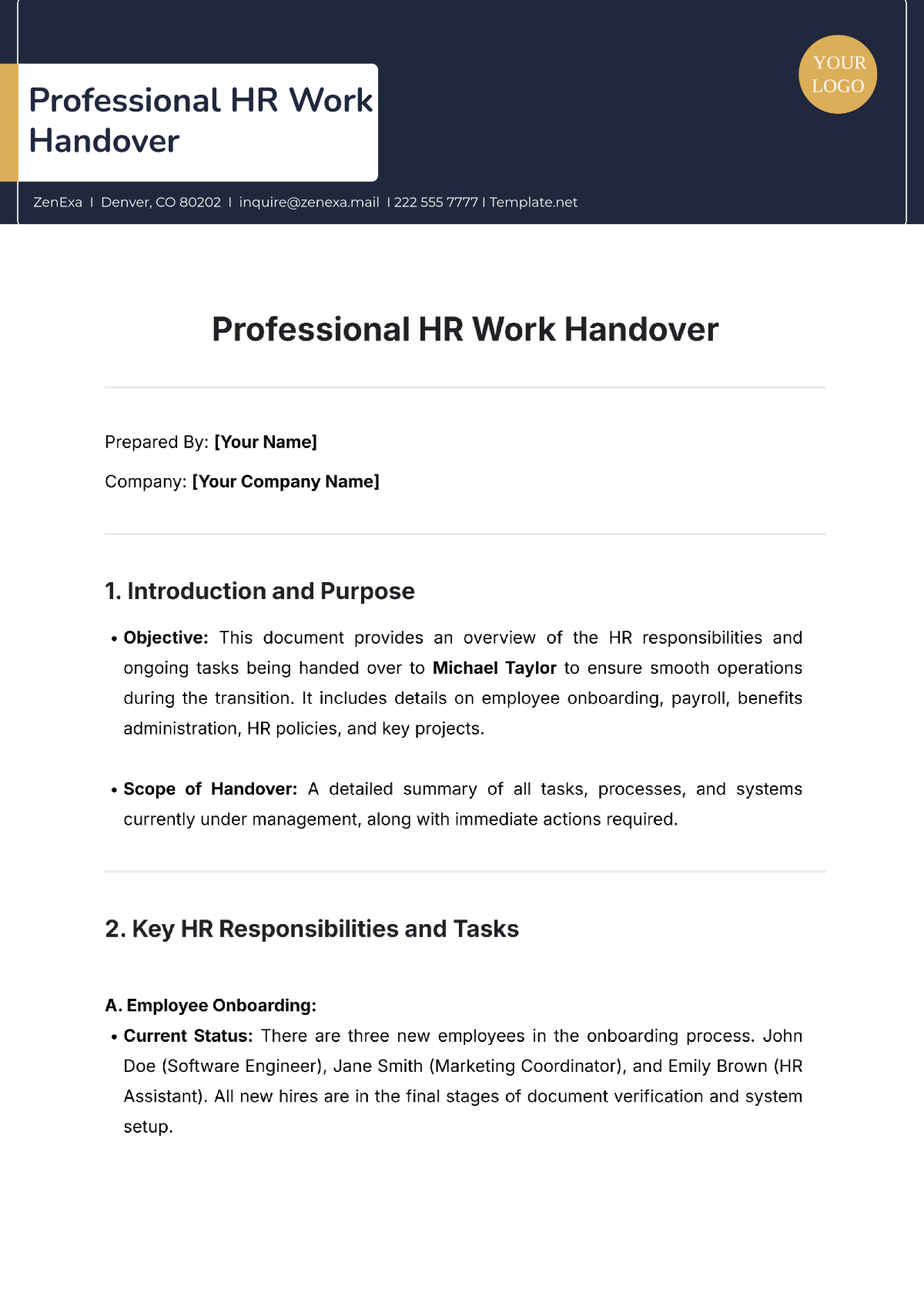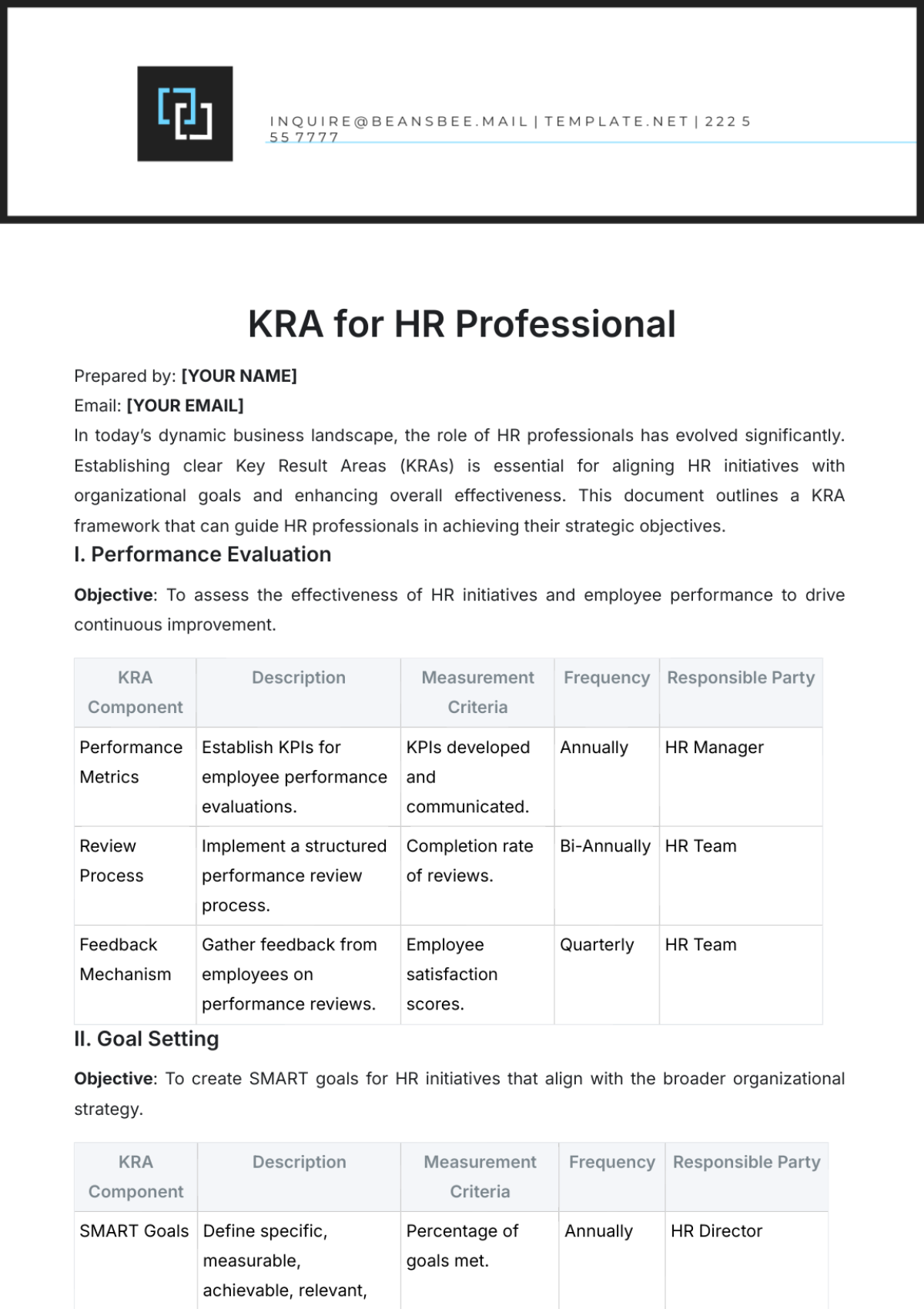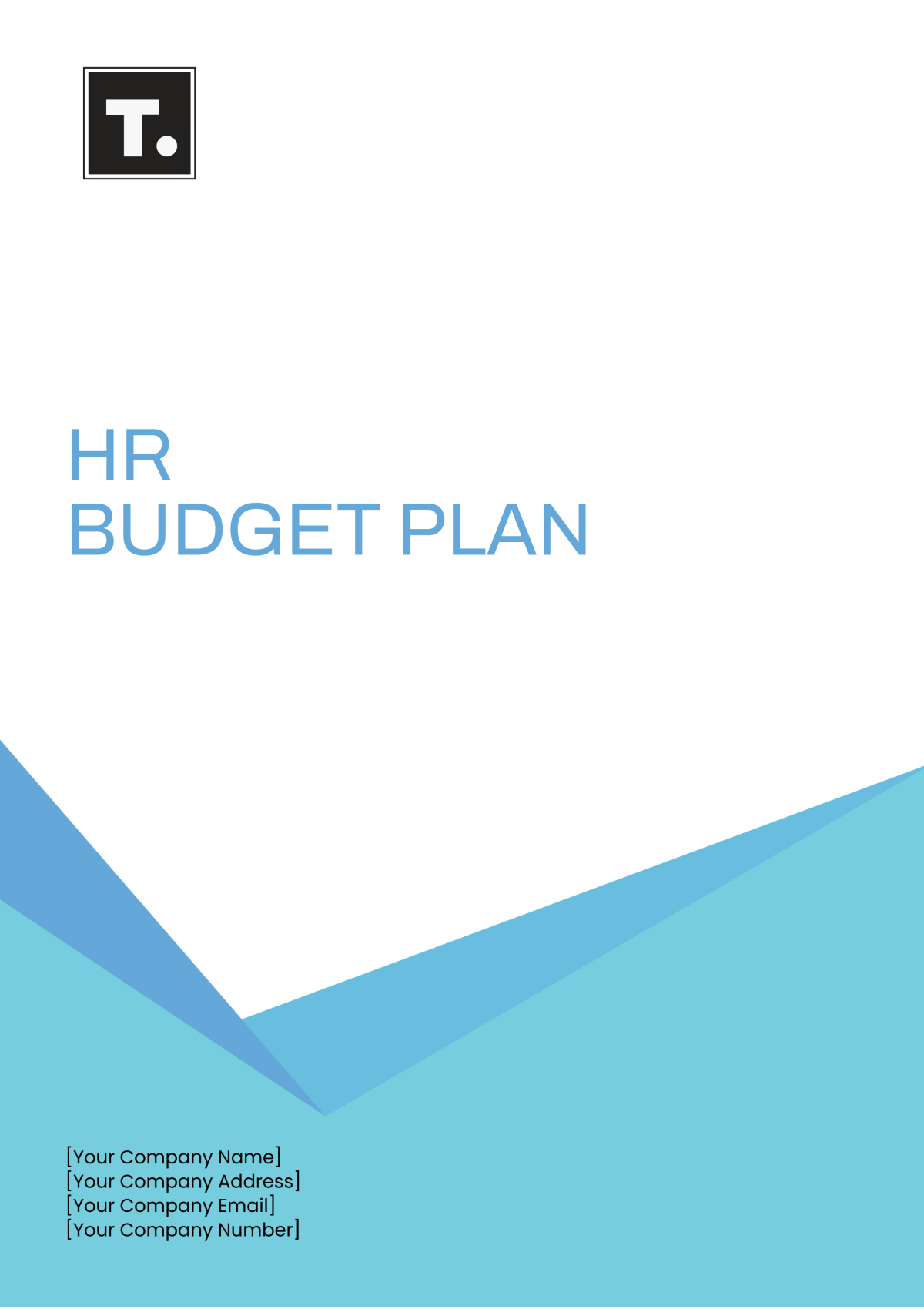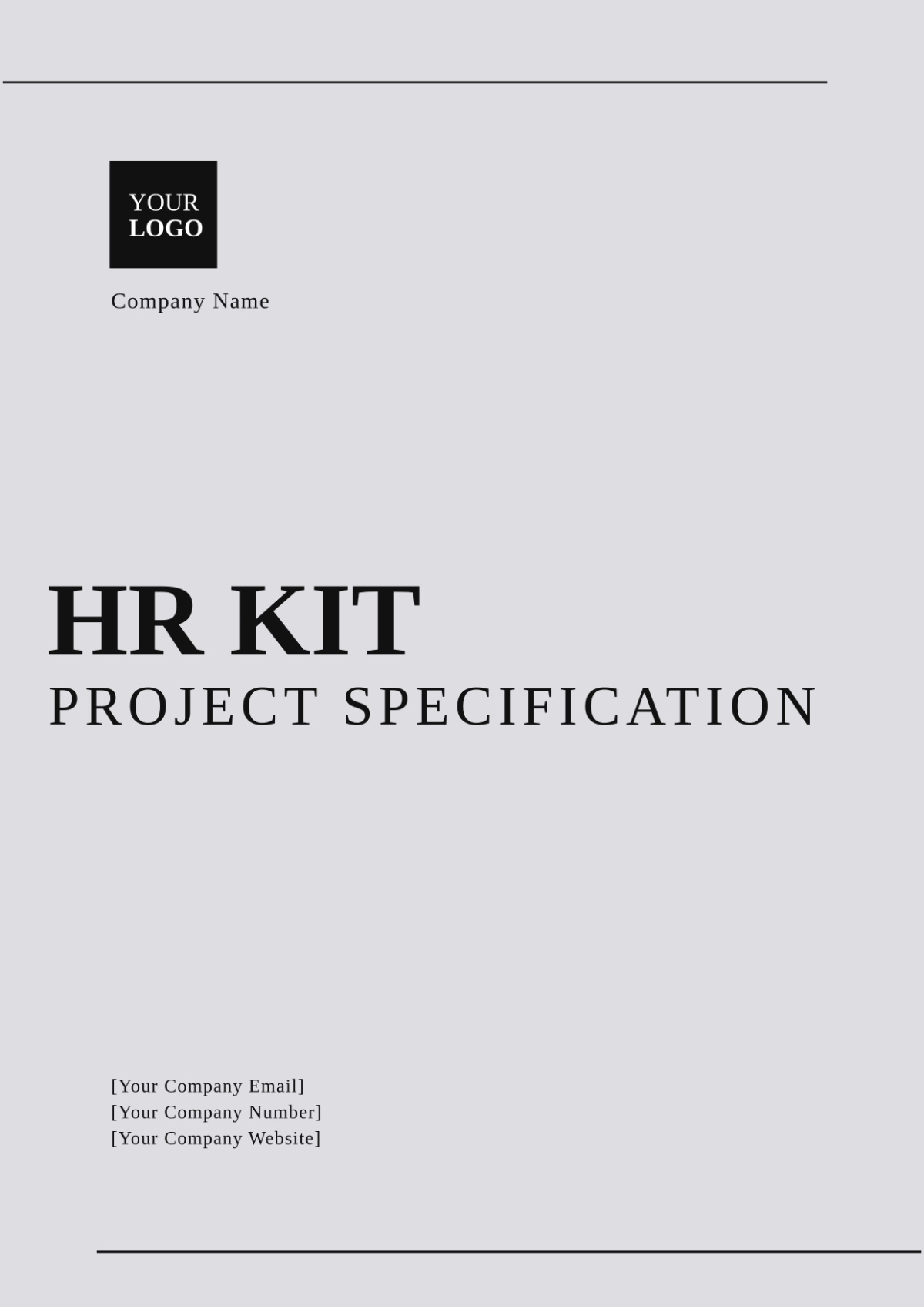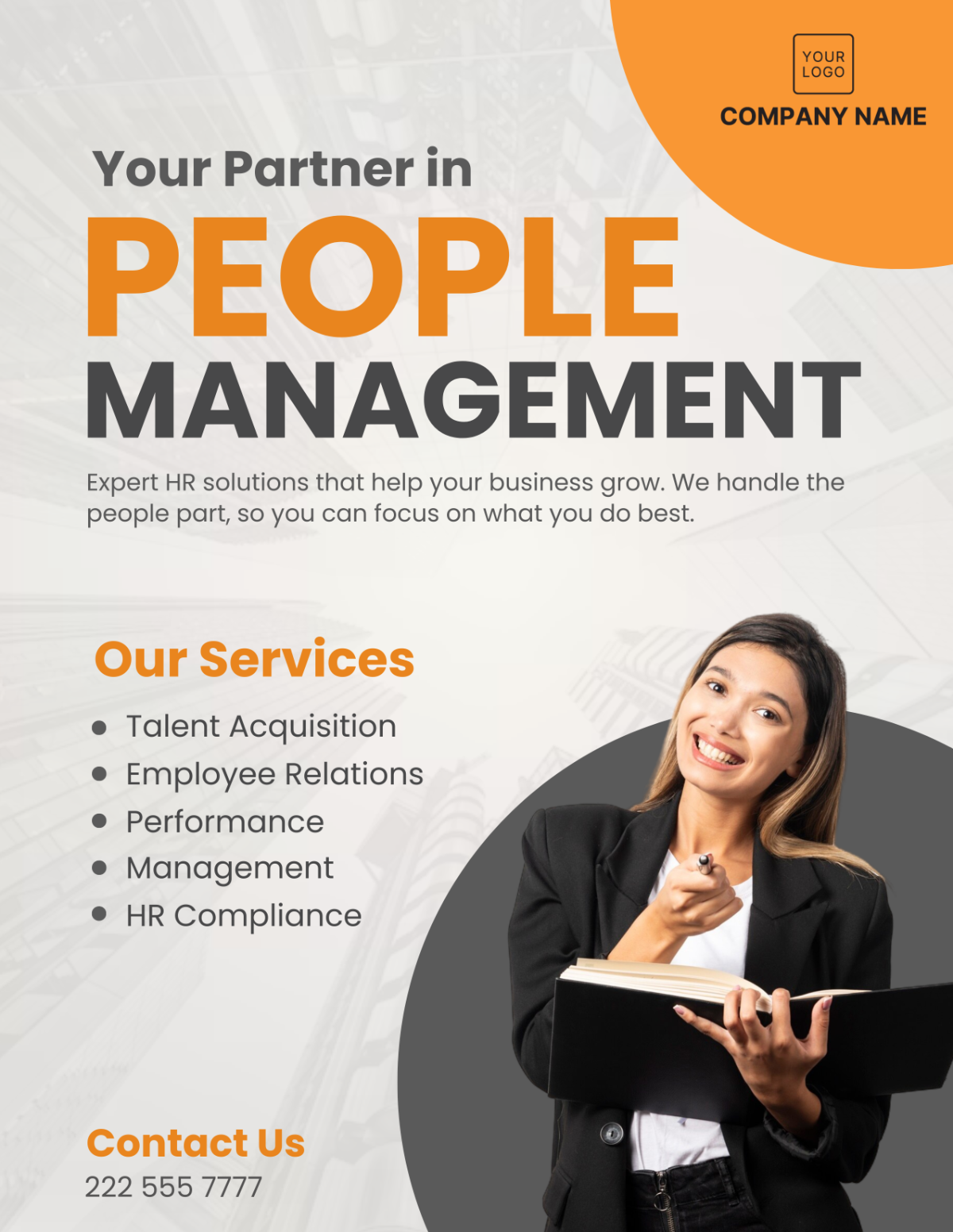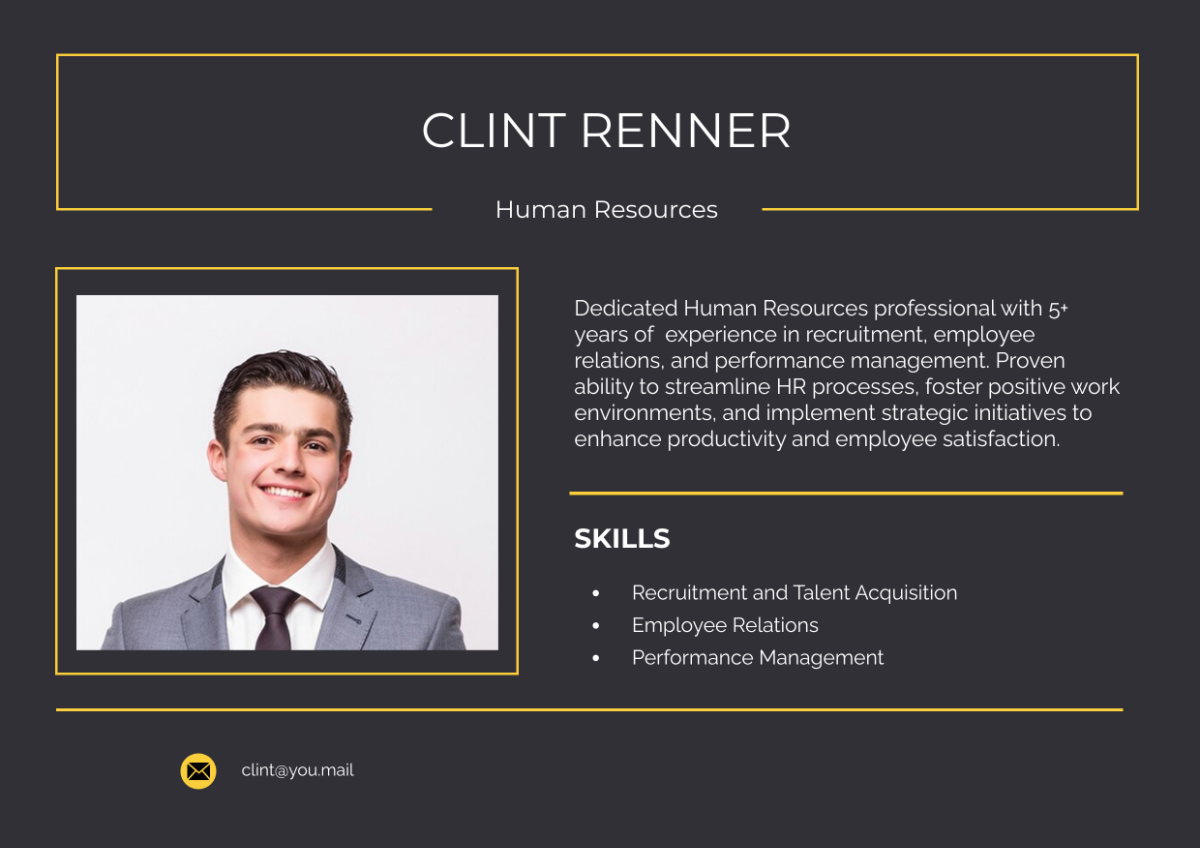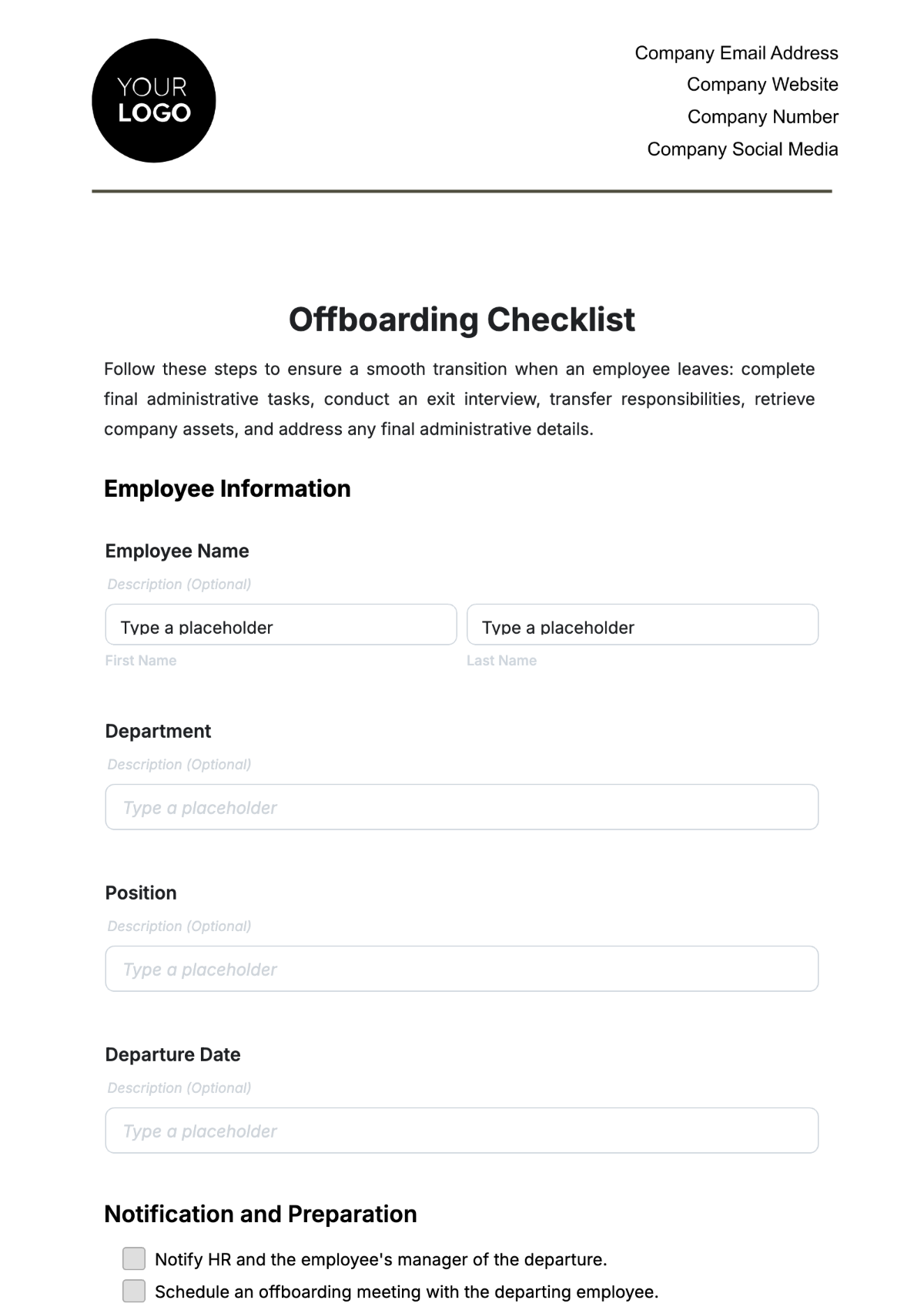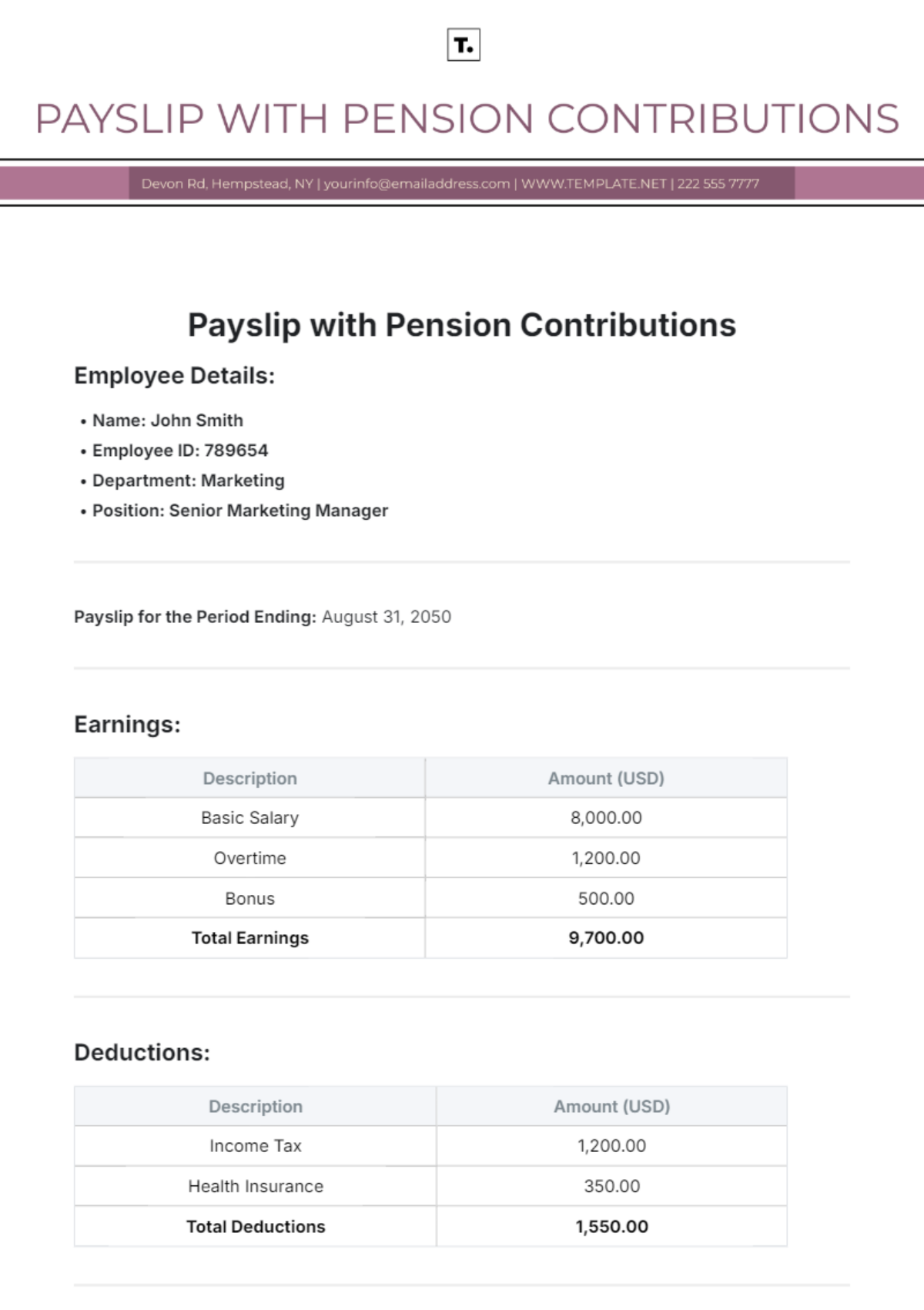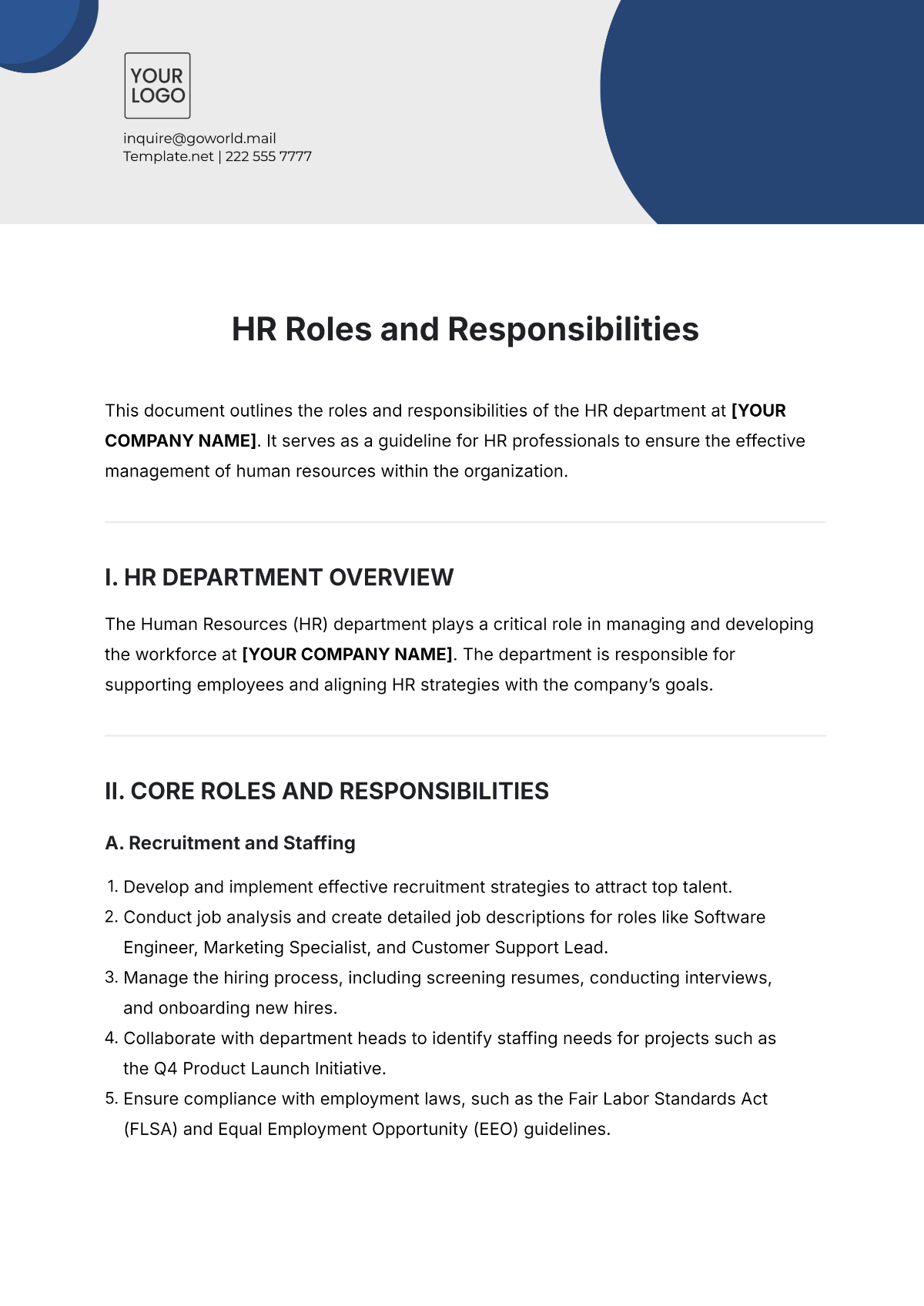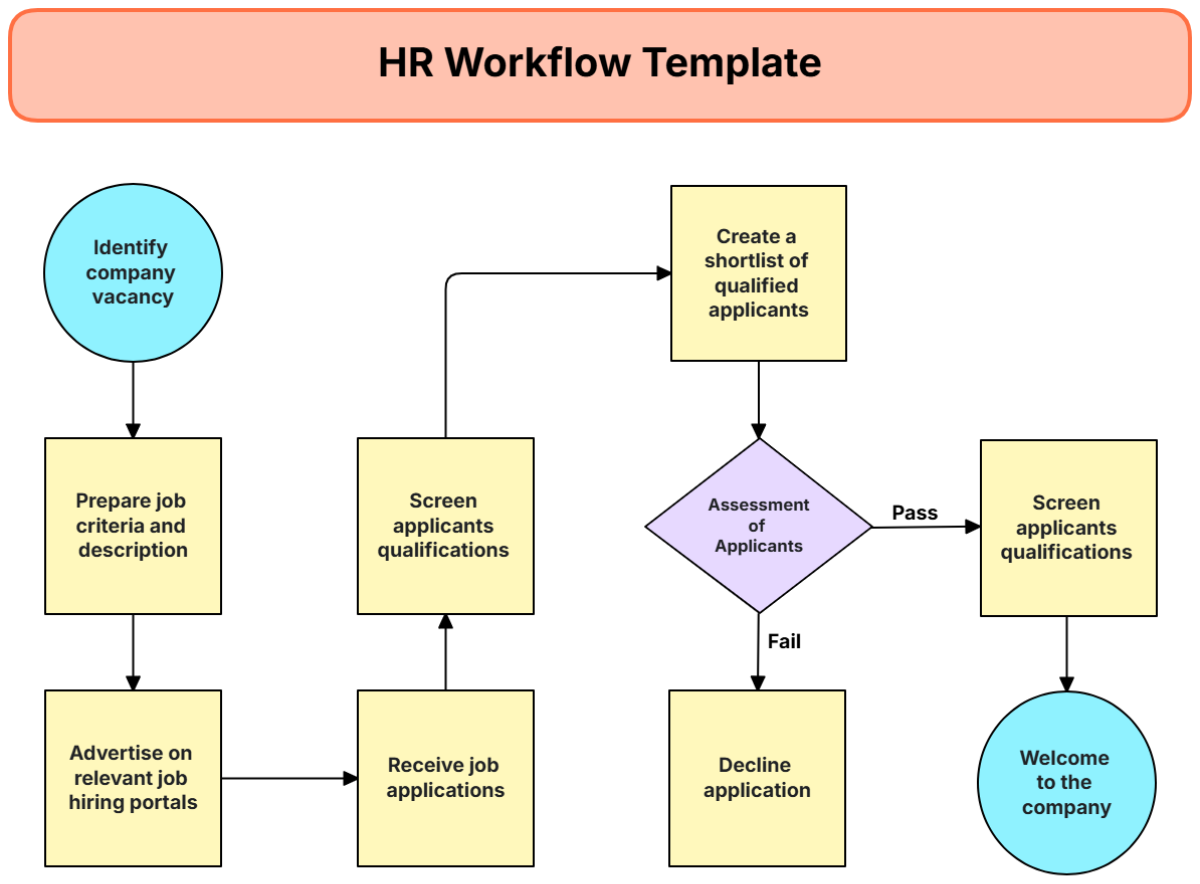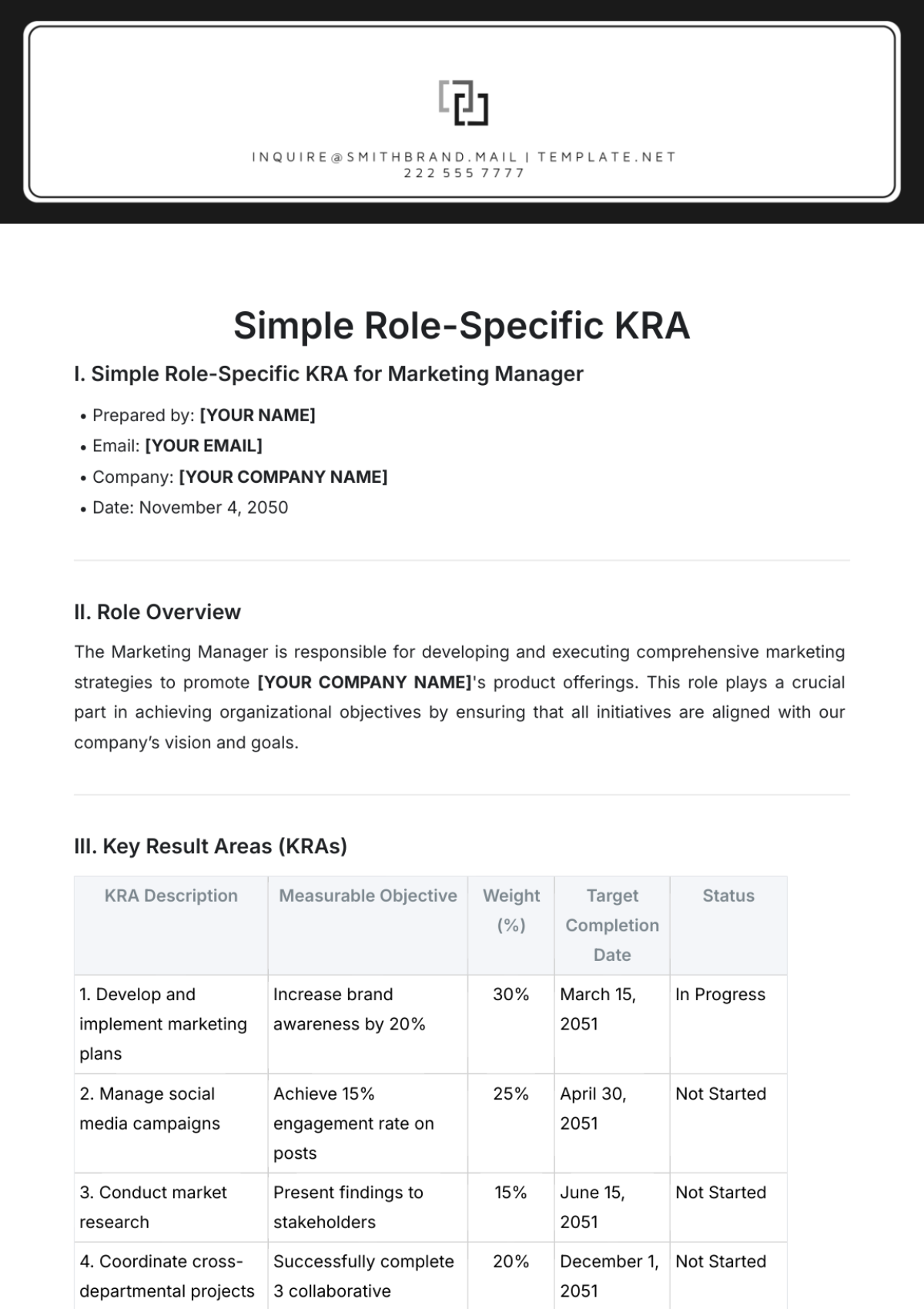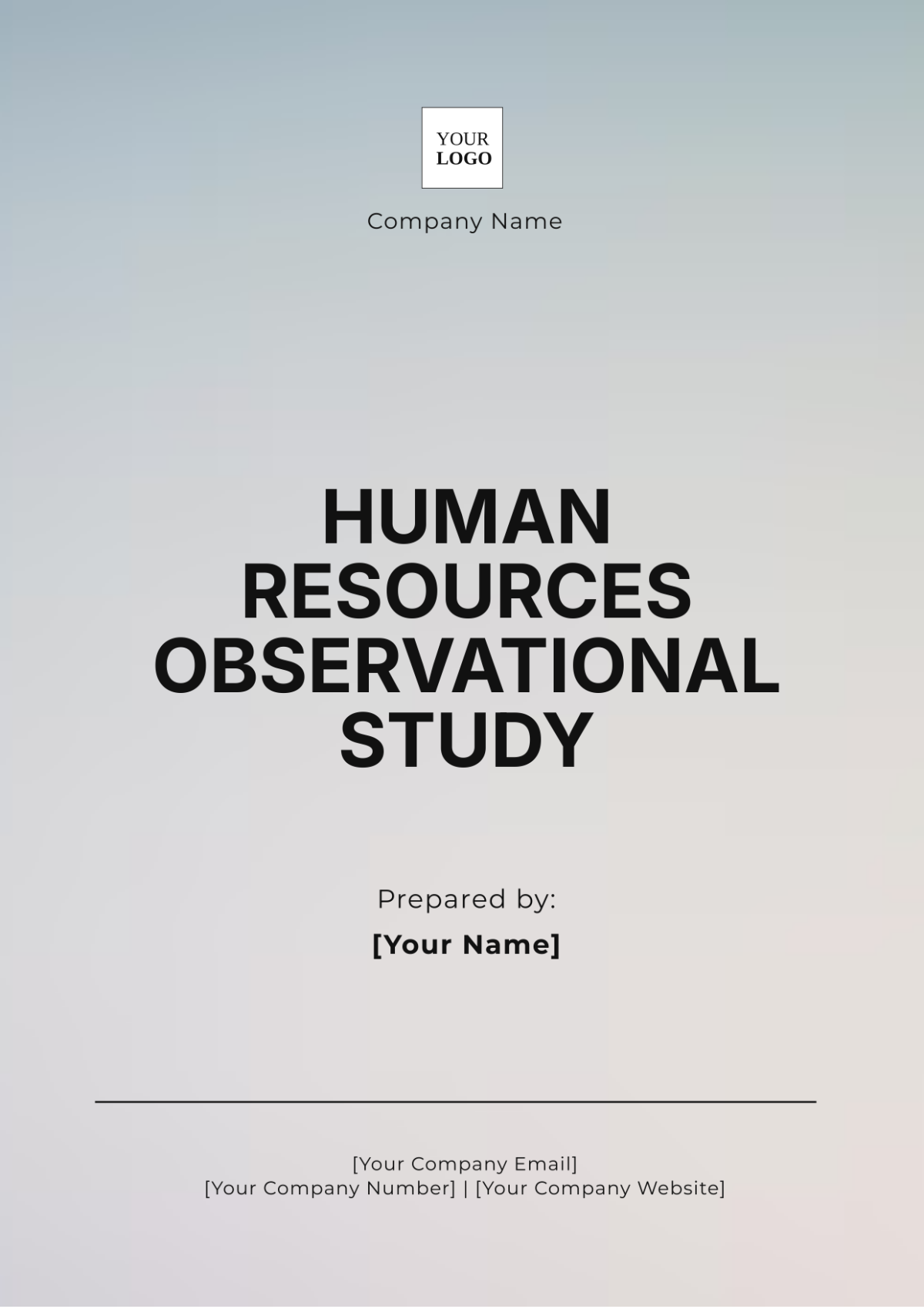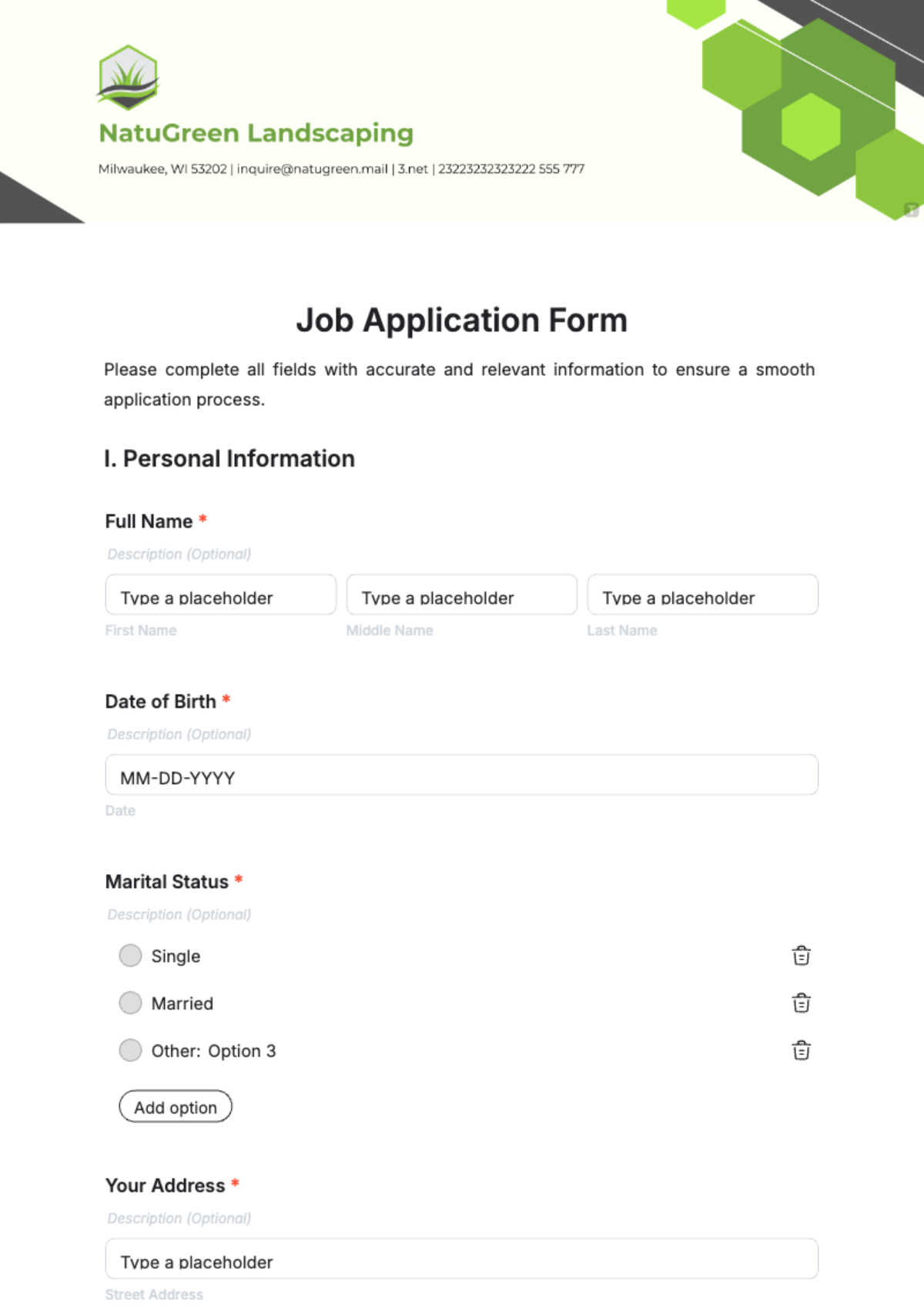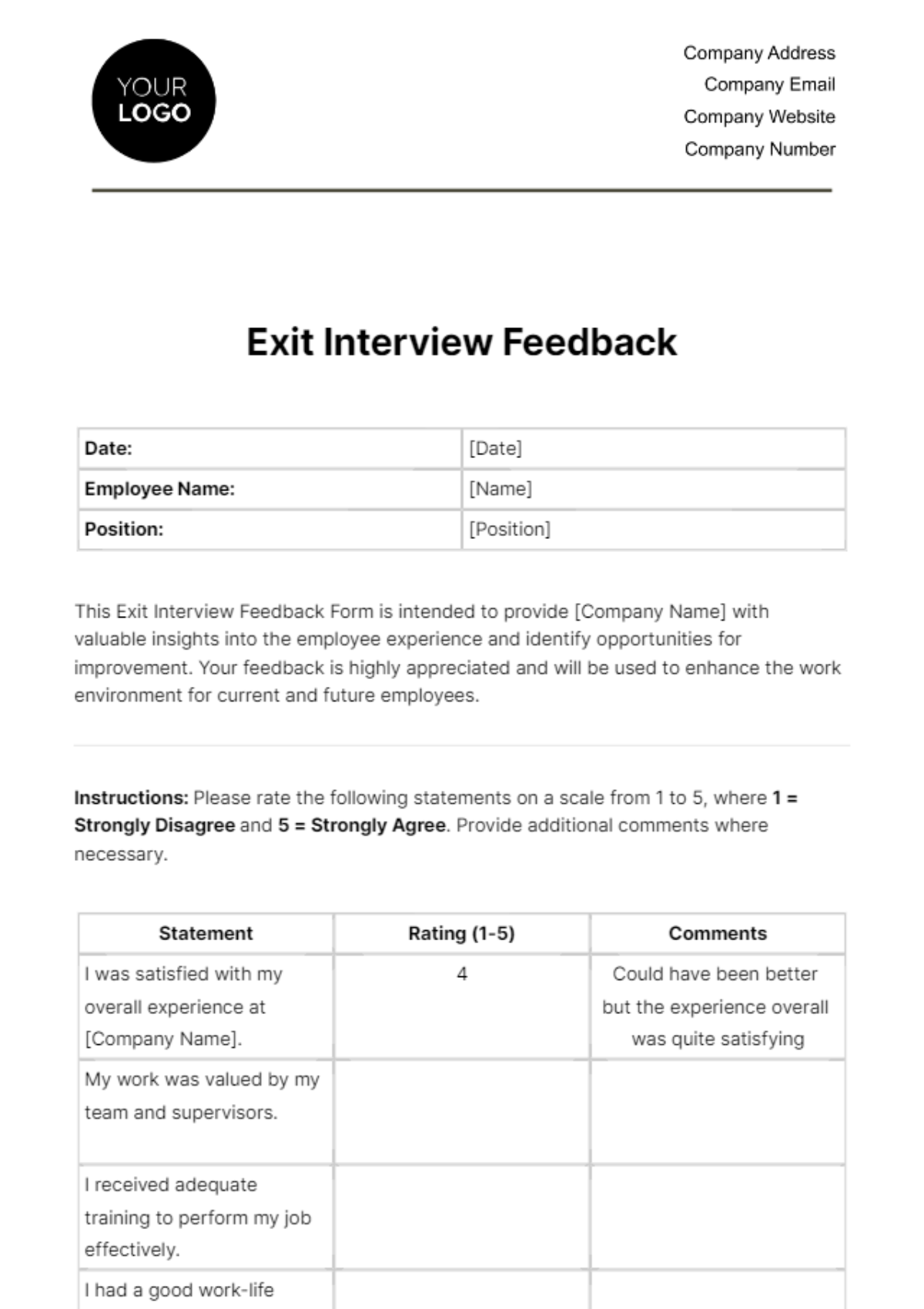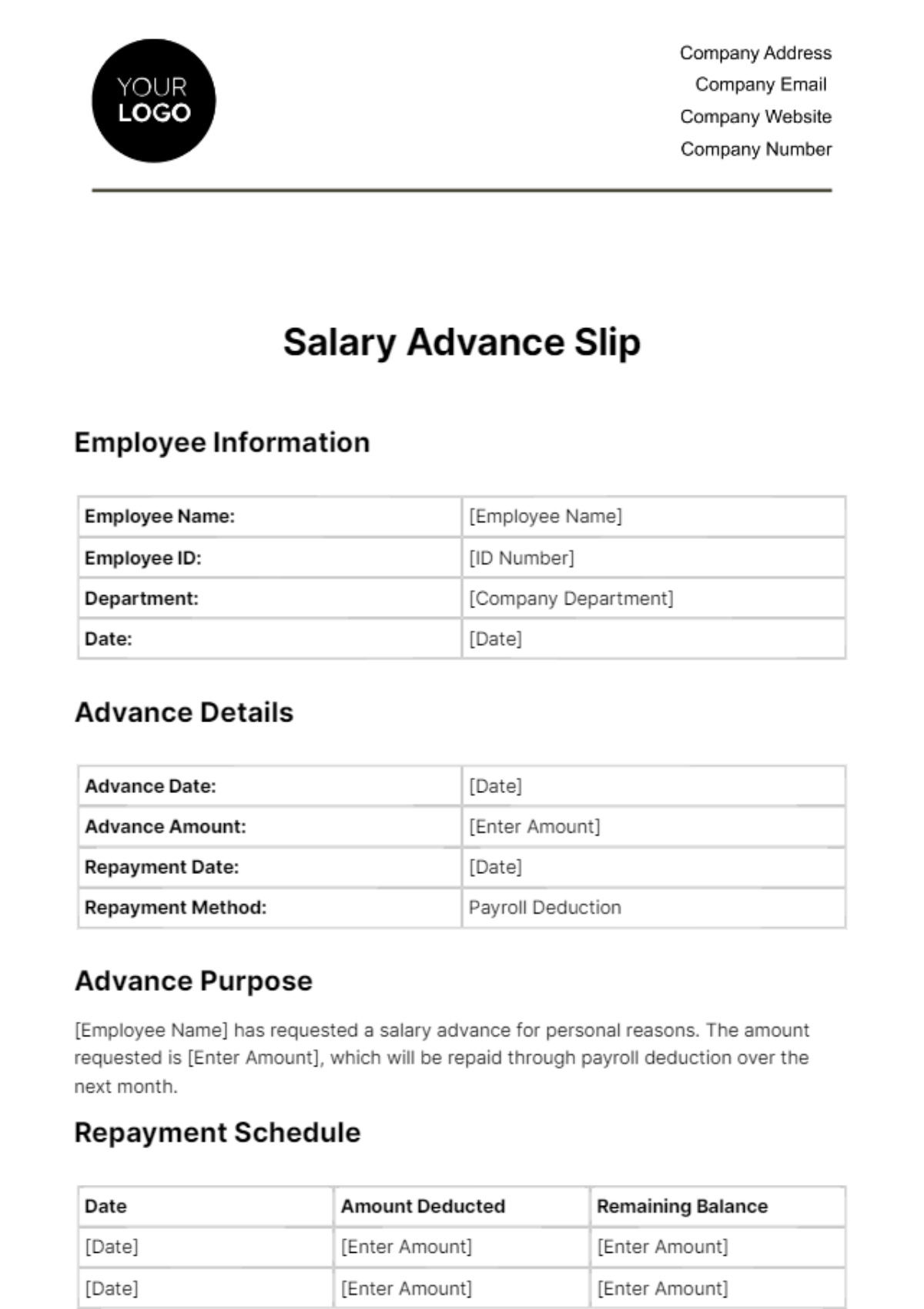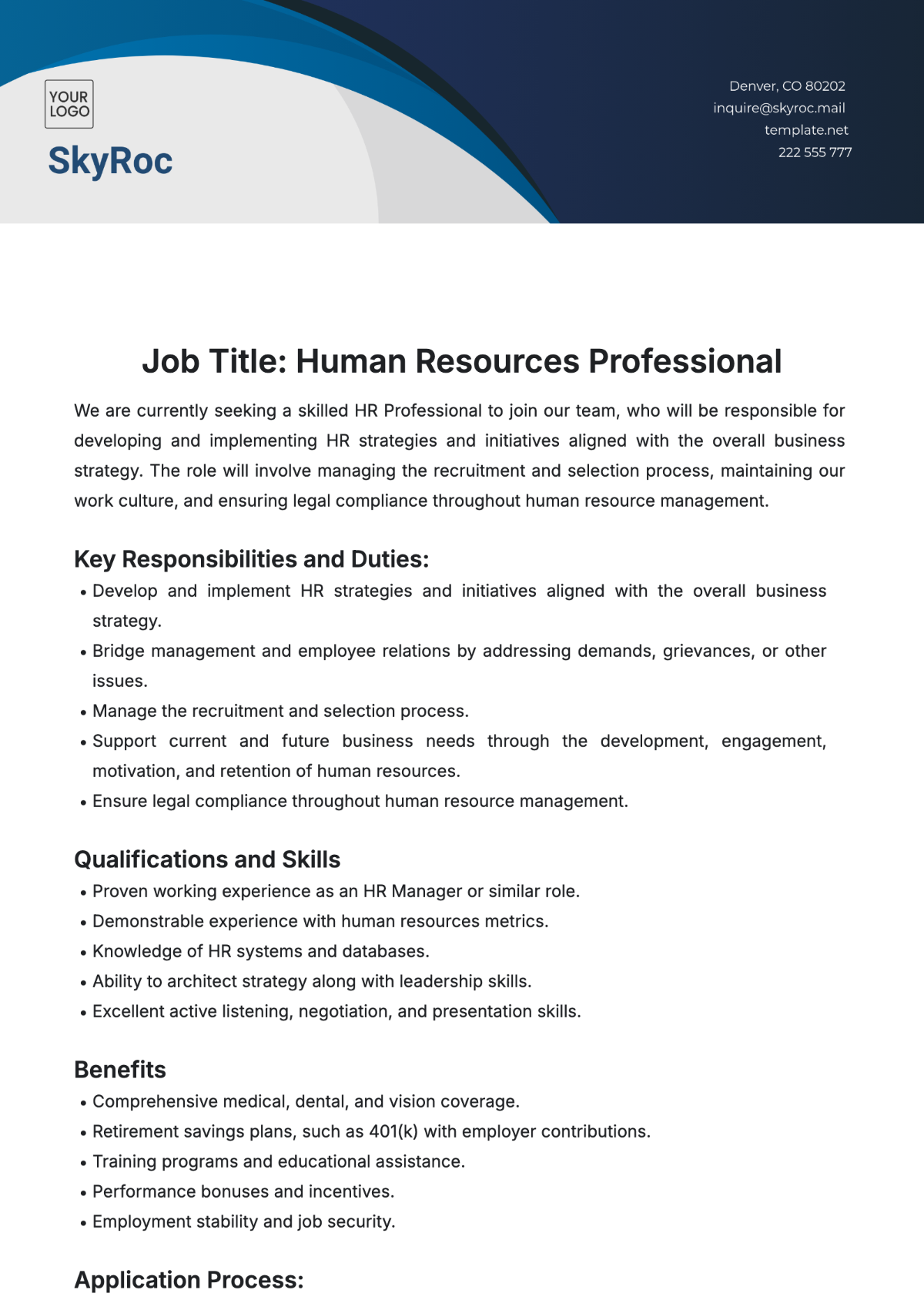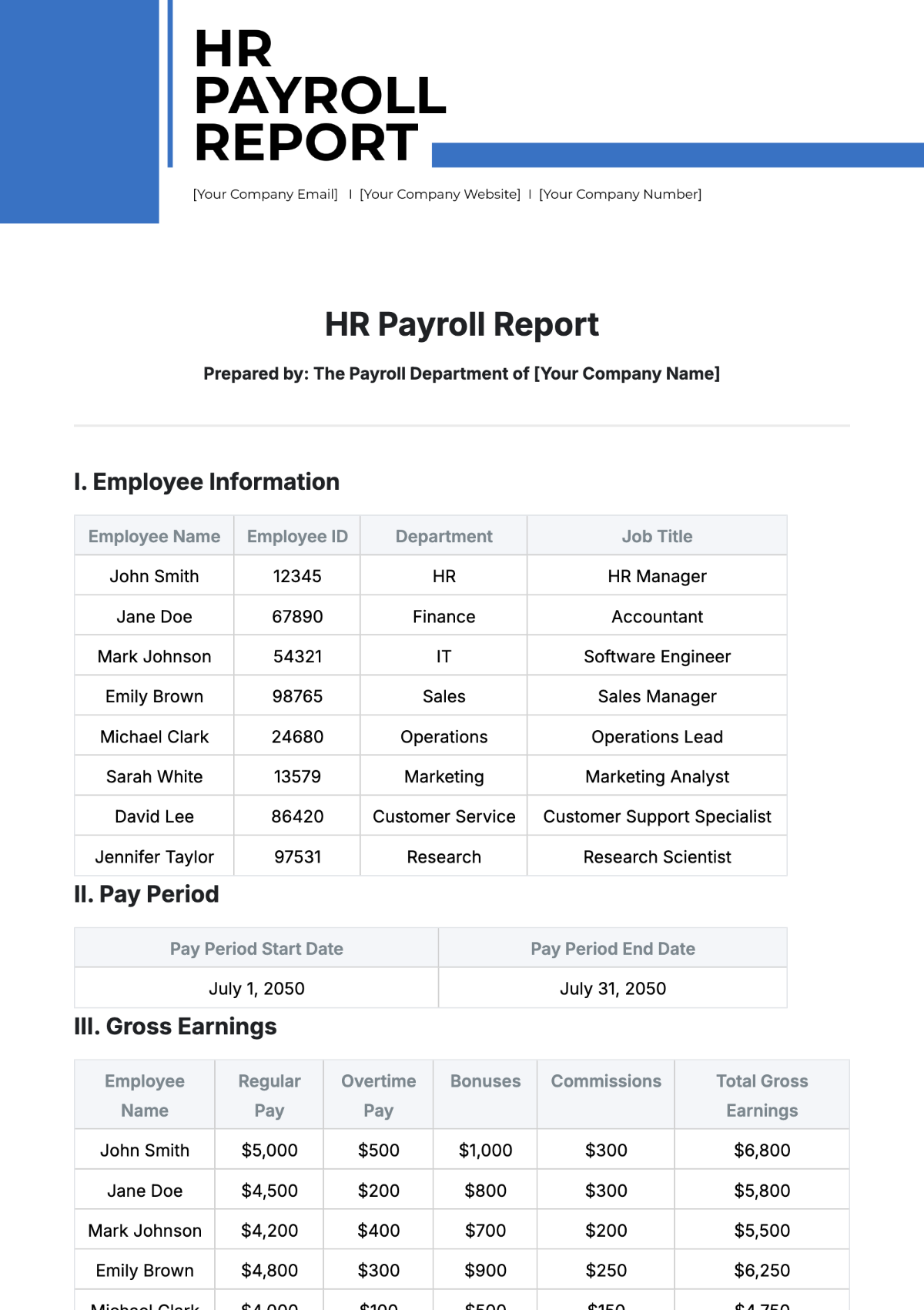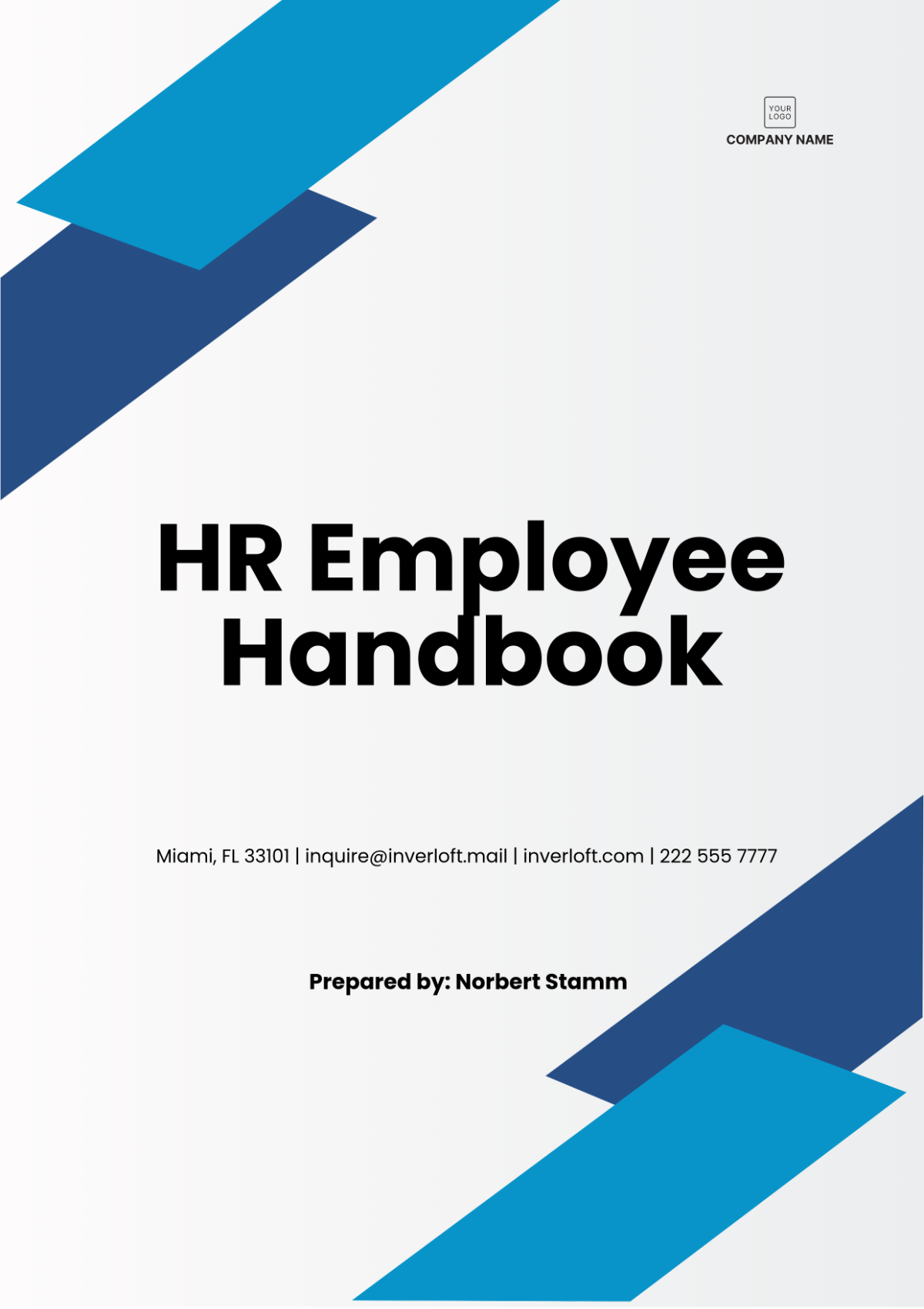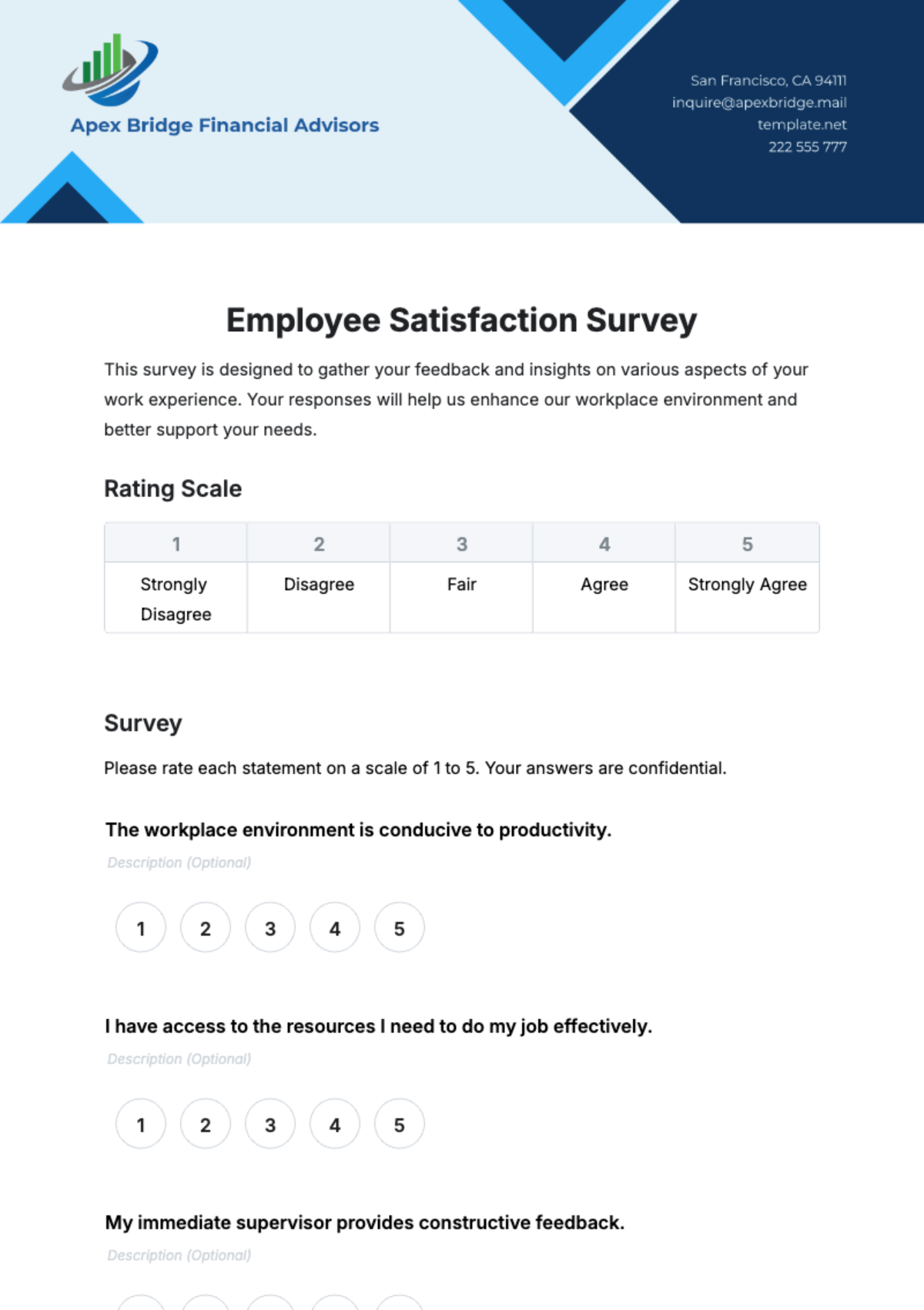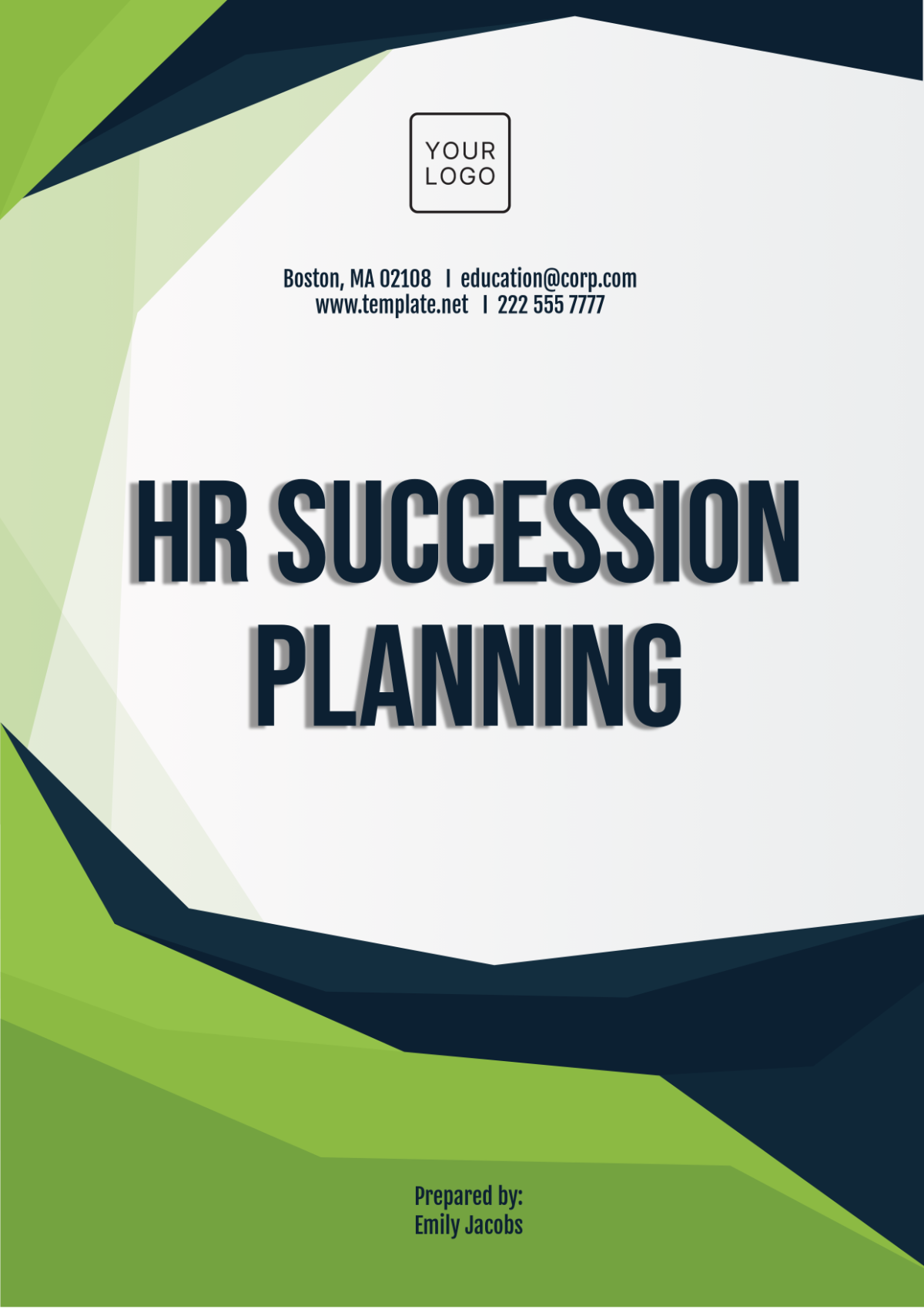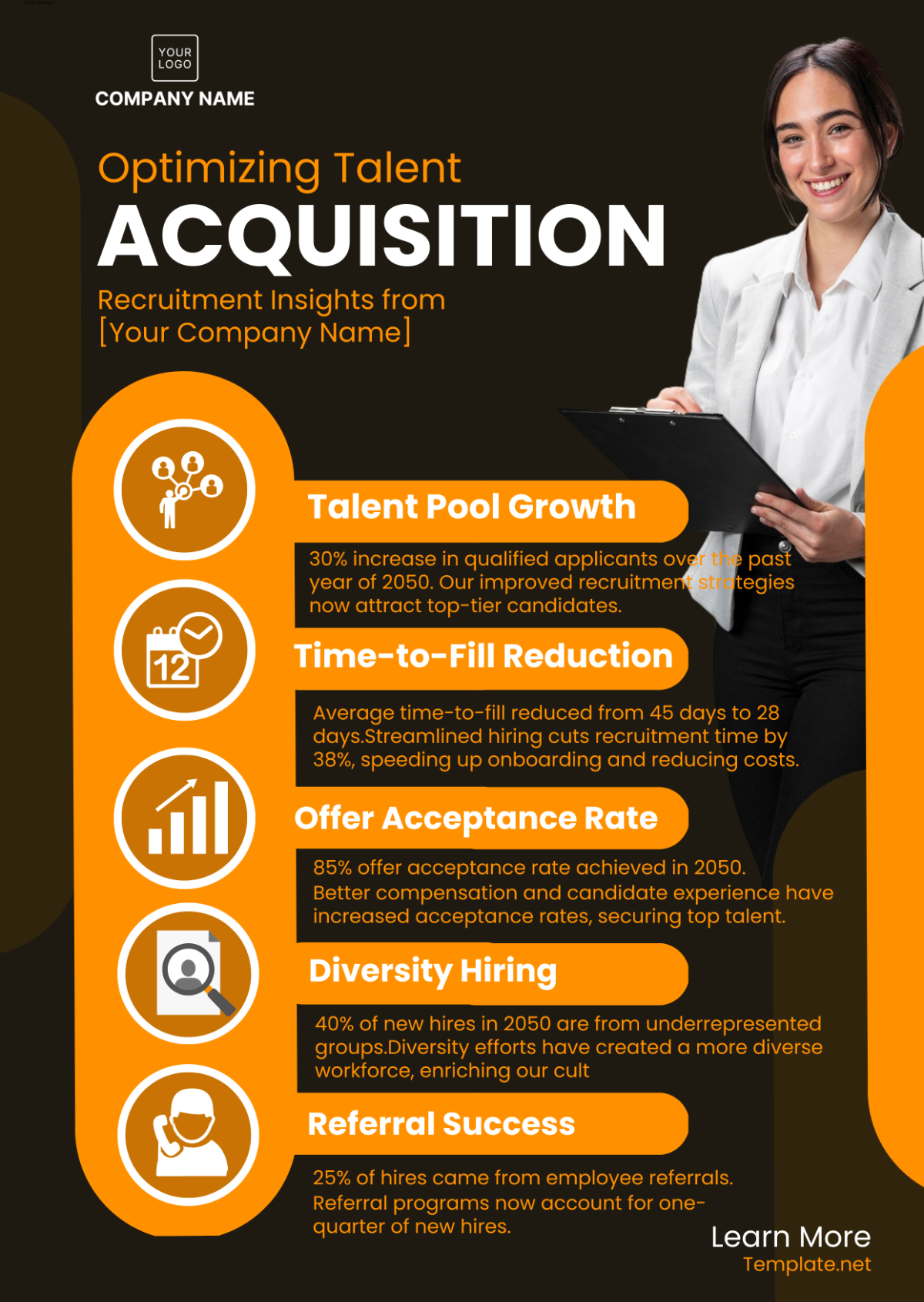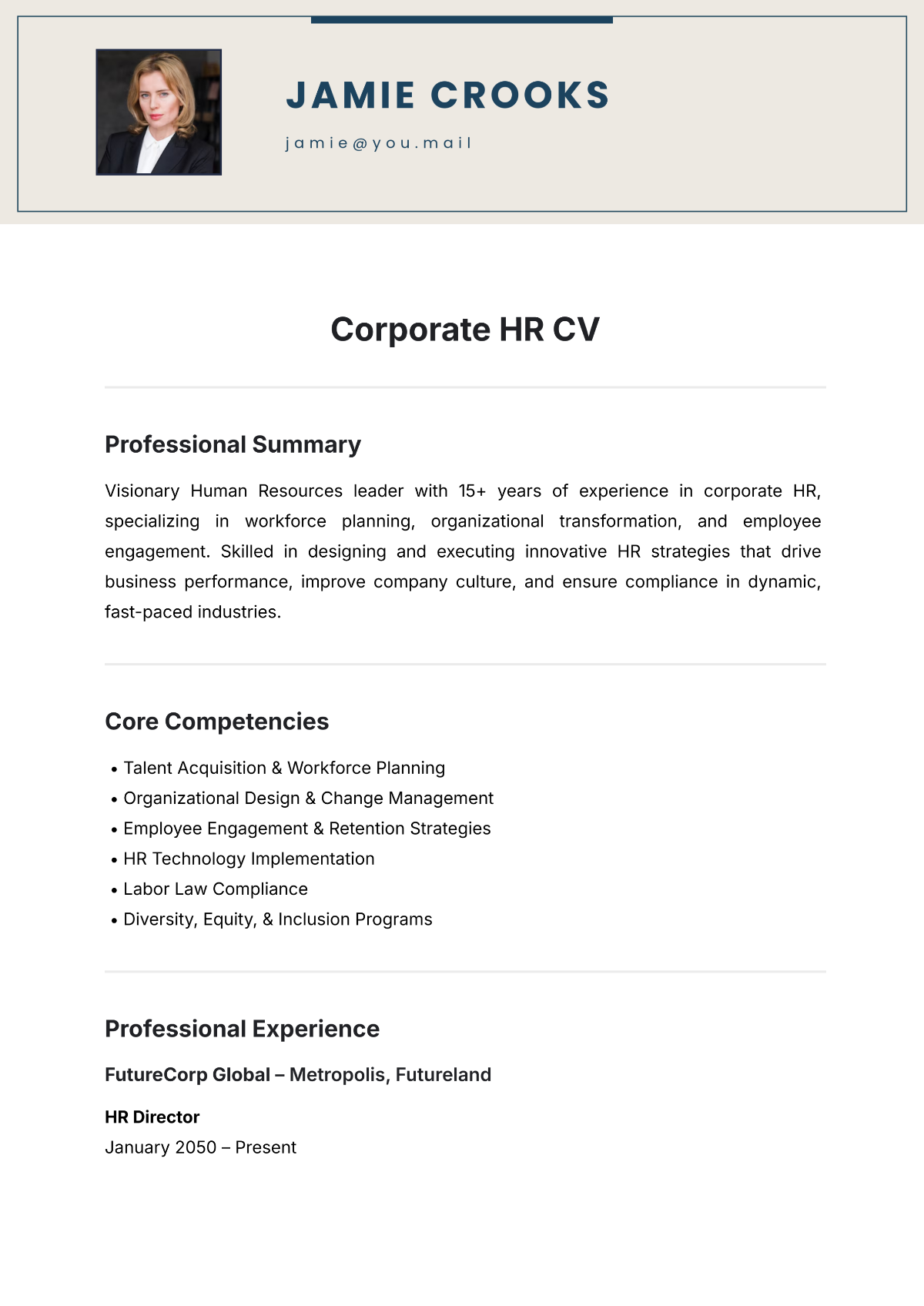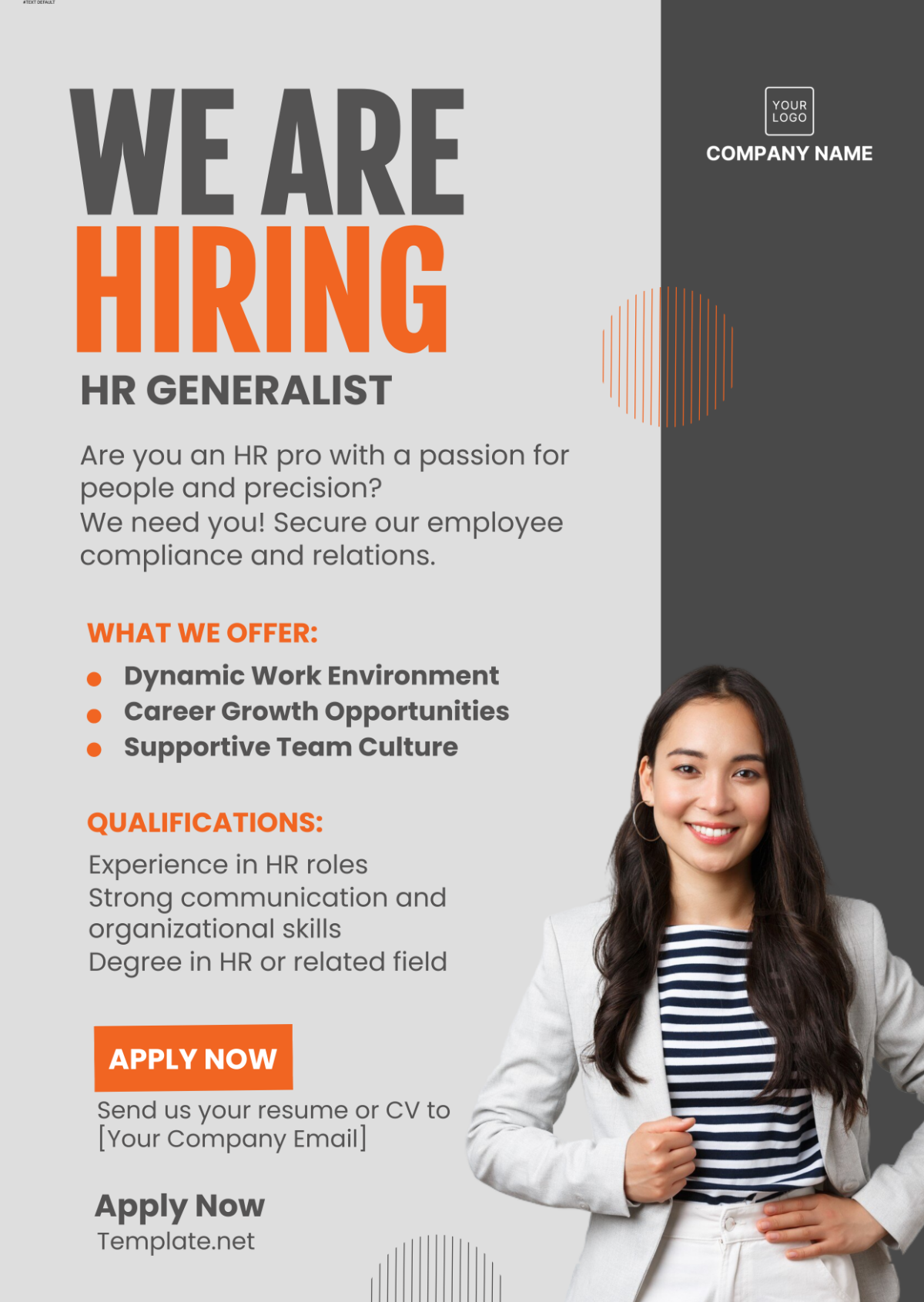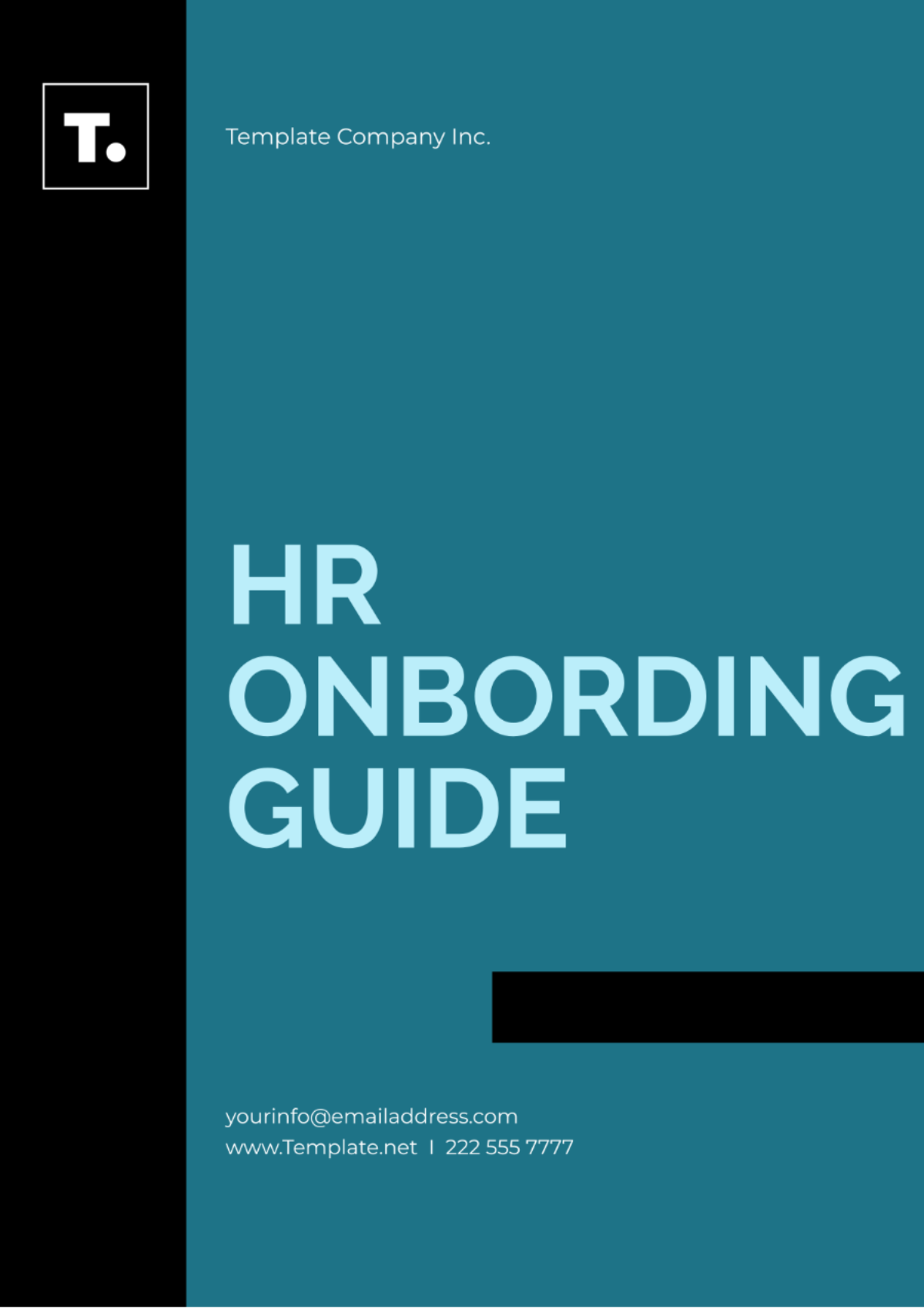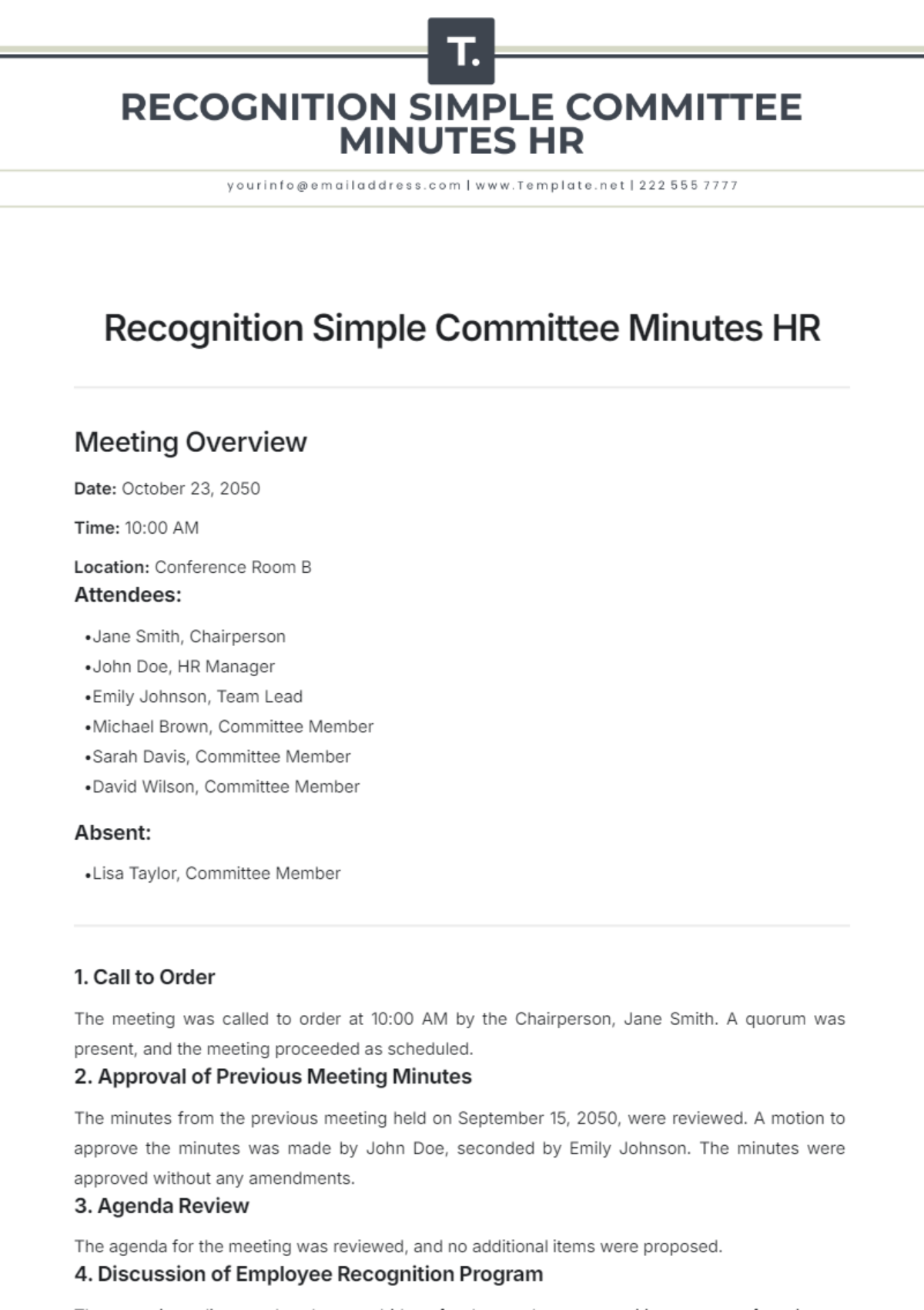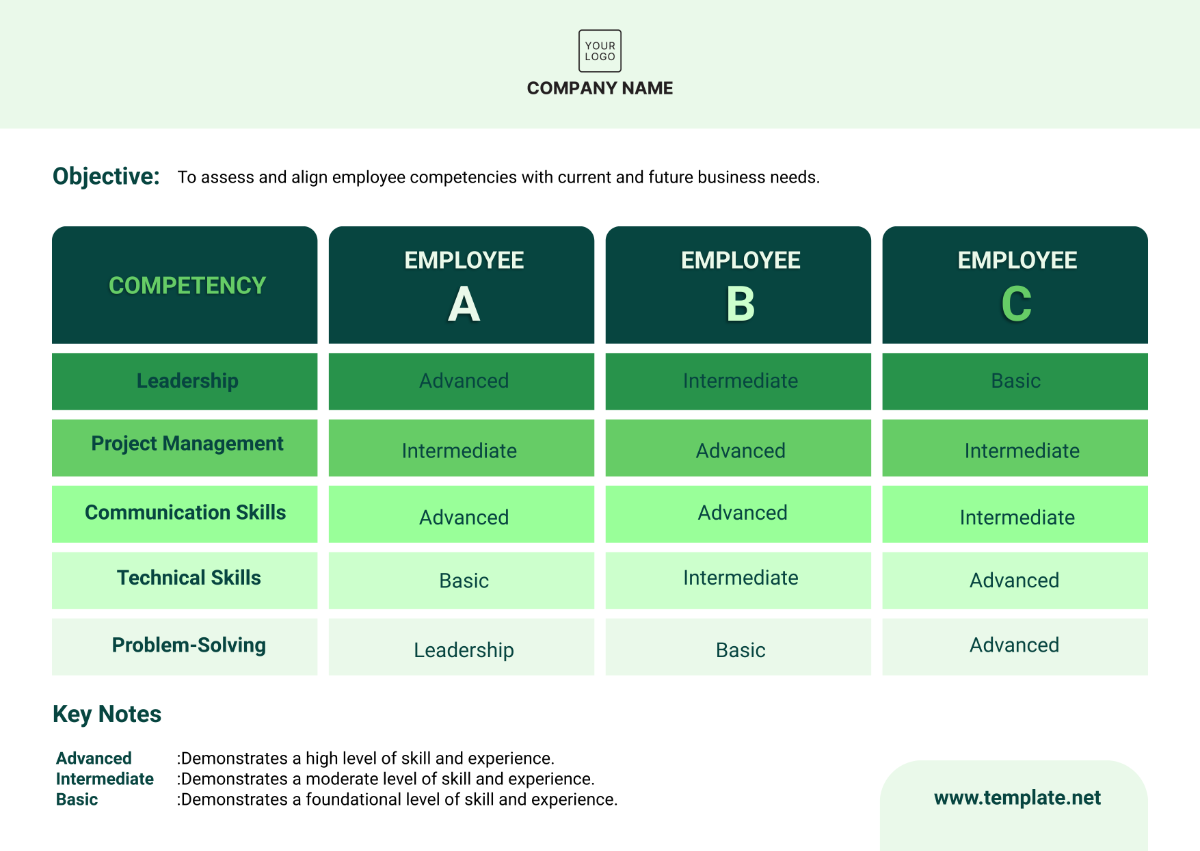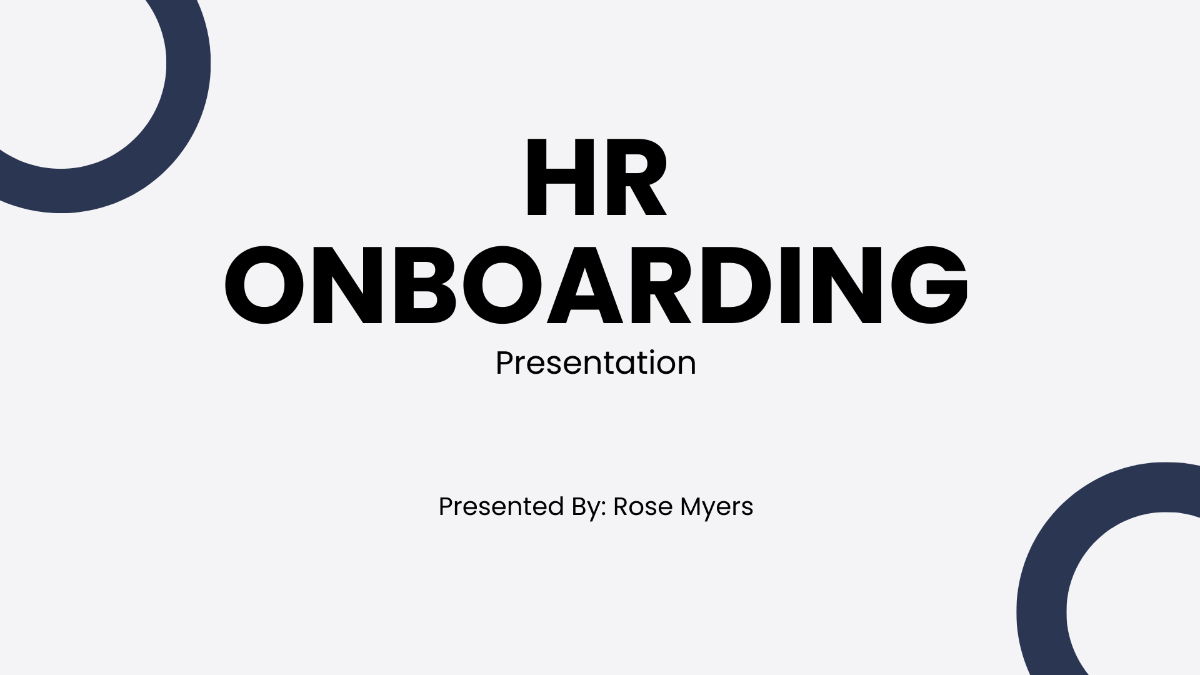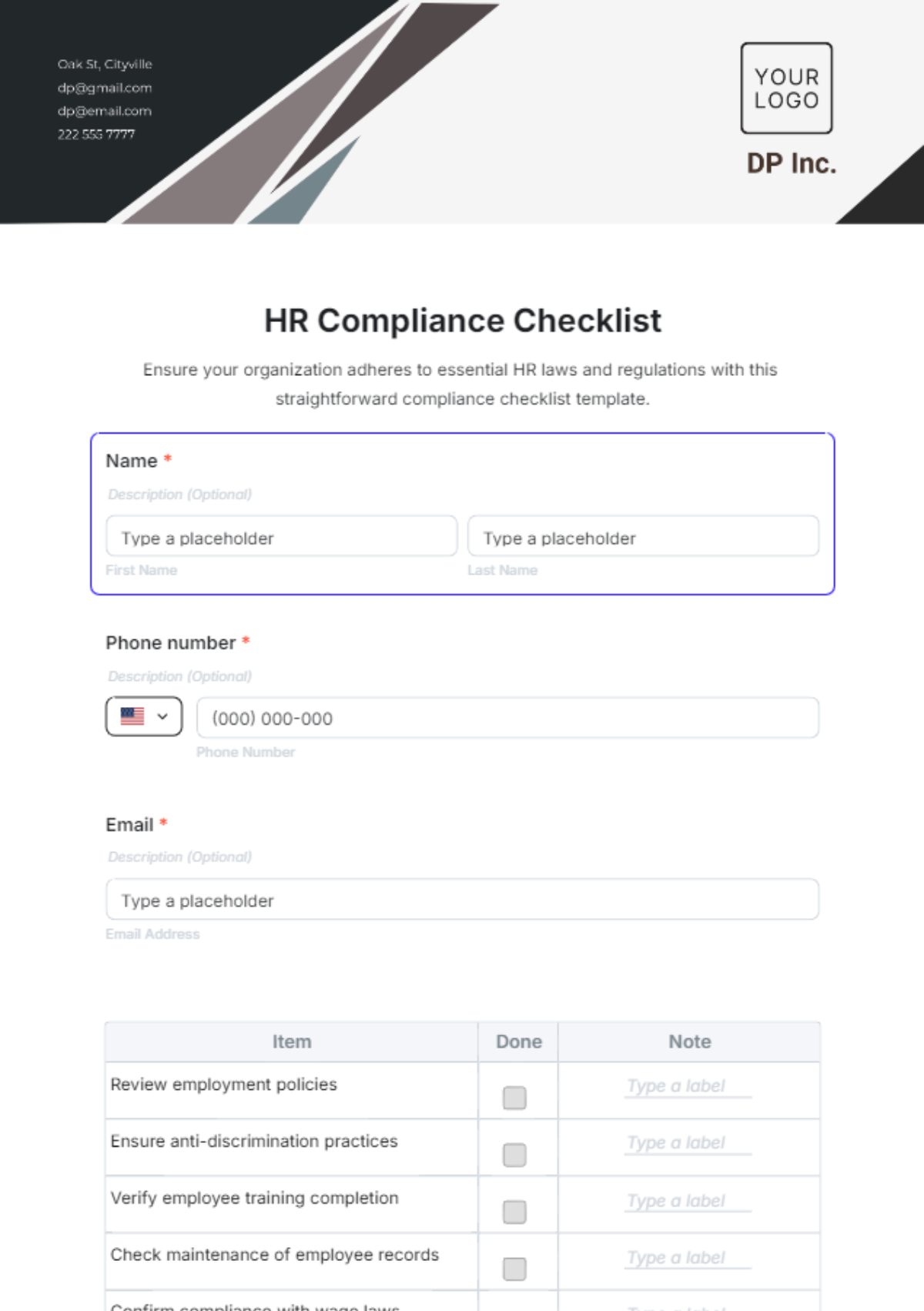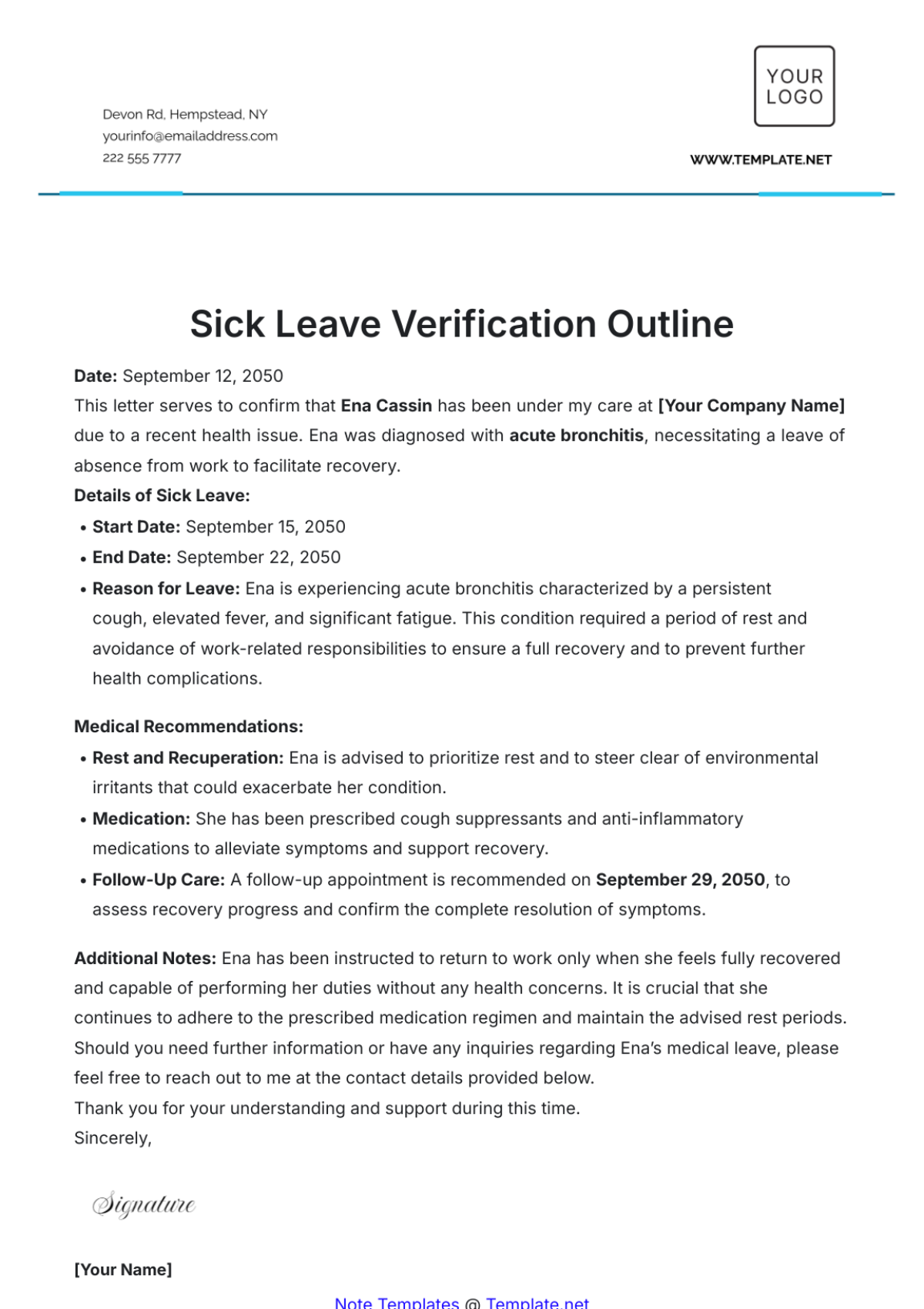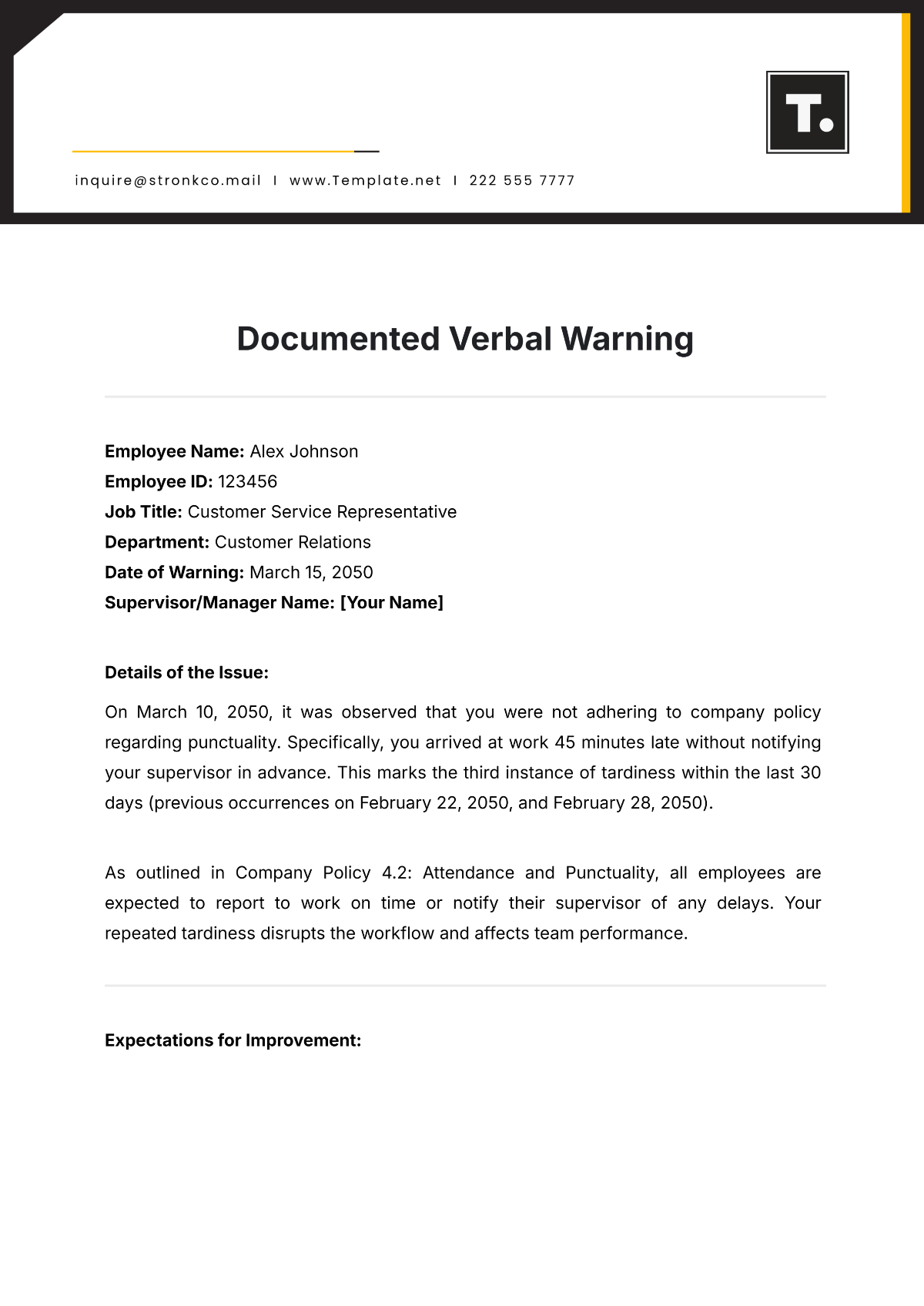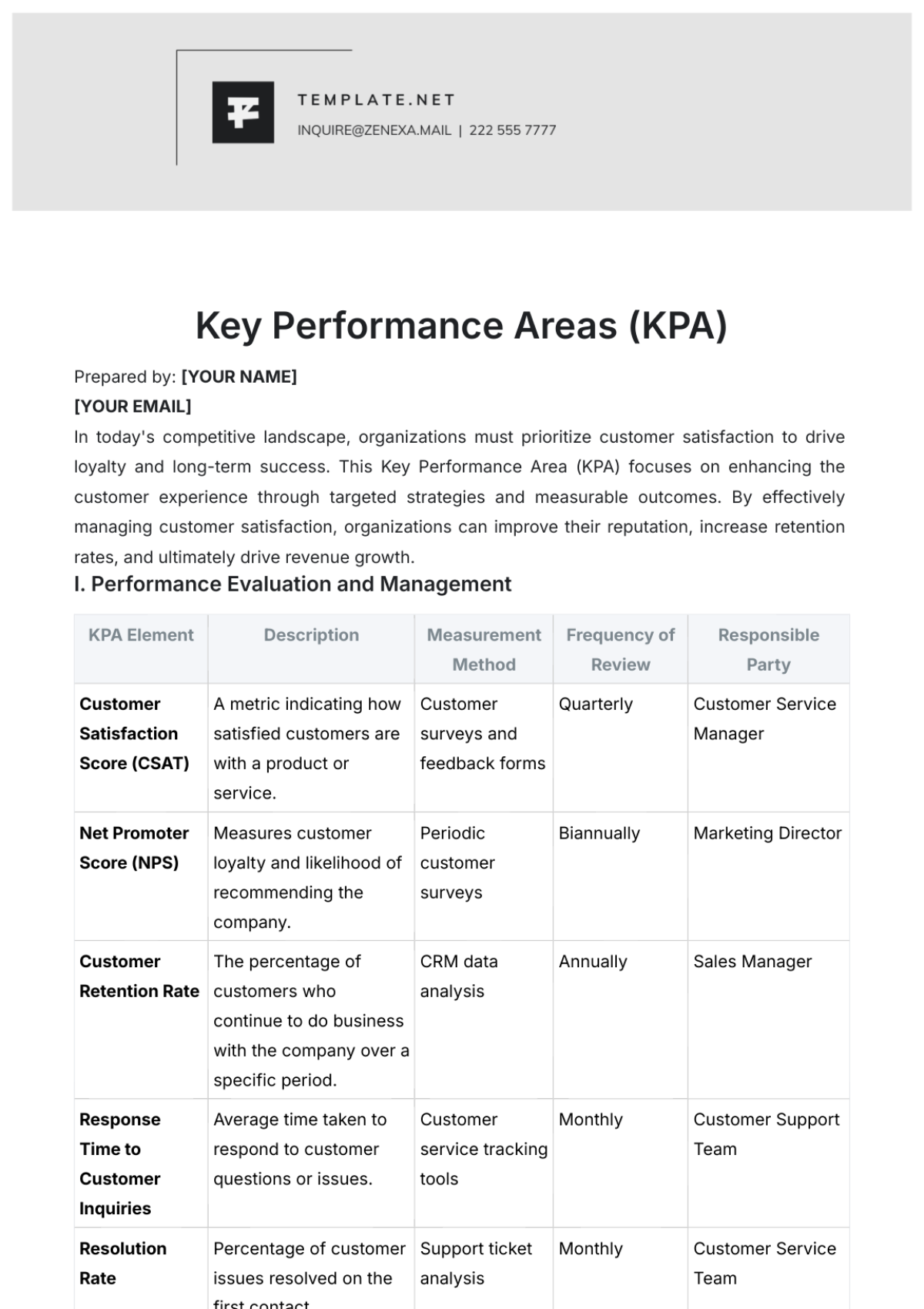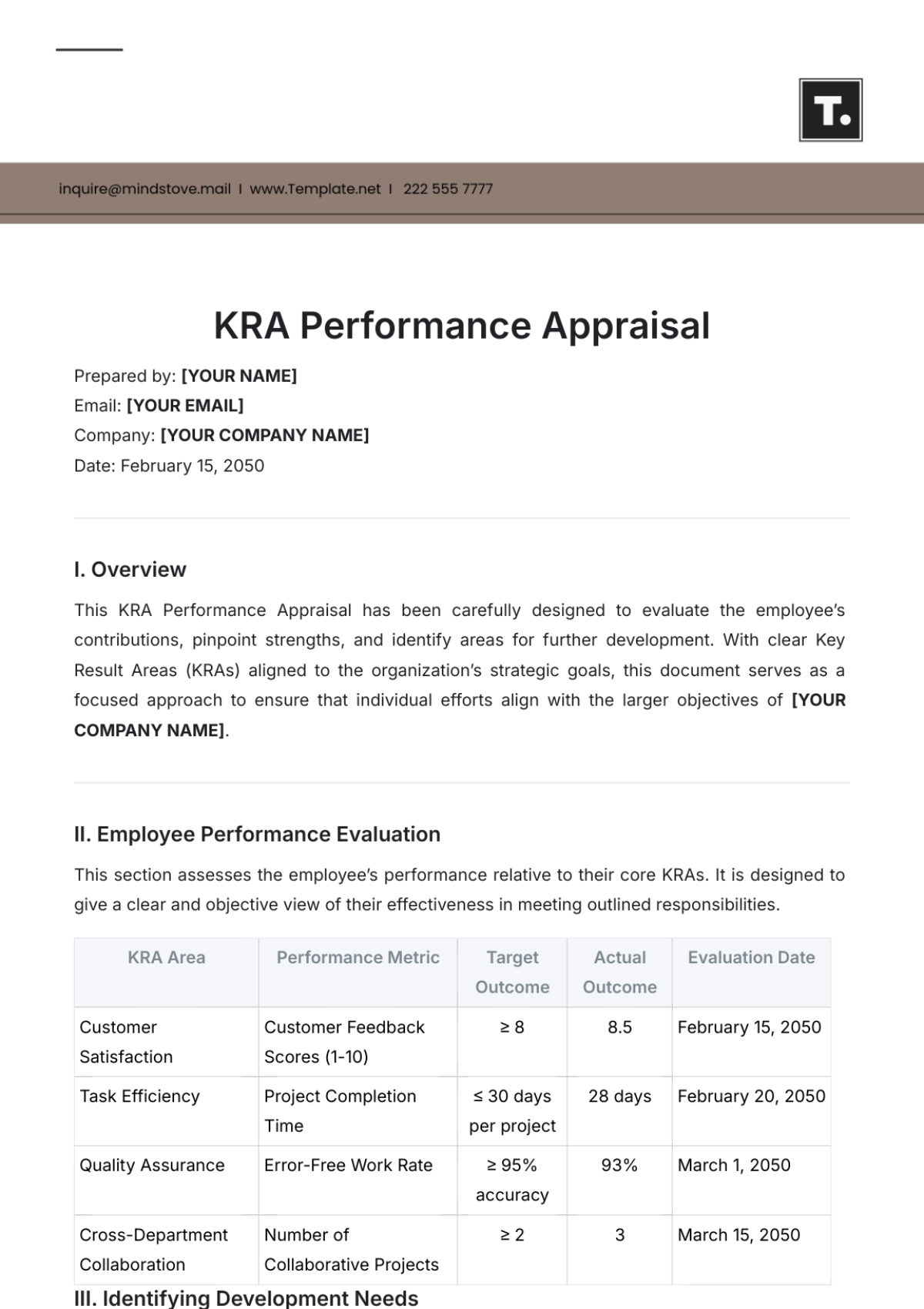Role-Specific Training Guide
TABLE OF CONTENTS
I. INTRODUCTION TO YOUR ROLE ...............................................................................3
II. INDUSTRY INSIGHTS .................................................................................................4
III. TOOLS AND TECHNOLOGY .....................................................................................4
IV. BEST PRACTICES AND STANDARDS ......................................................................5
V. COMMUNICATION SKILLS ........................................................................................7
VI. PROBLEM-SOLVING AND DECISION-MAKING ......................................................8
VII. TIME MANAGEMENT AND ORGANIZATION ..........................................................9
VIII. PERFORMANCE METRICS AND EVALUATION ....................................................11
Document Version: 1.0
Date: January 1, 2050
Welcome to our Role-Specific Training Guide, designed to help you excel in your position at [Company Name]. This guide provides essential information and resources that are applicable across various industries. Your success is our priority, and this training guide will assist you in mastering your role.
INTRODUCTION TO YOUR ROLE
Role Overview
Welcome to your new role as a valued member of our team at [Company Name]. In the position of [Position Title], you play a pivotal role in our organization's success. Your responsibilities extend beyond the confines of a job description; they are a critical part of our collective mission
As [Position Title], you will be tasked with [expanded role description]. This includes [list additional responsibilities] which are essential in achieving our company's goals. You'll find that your role here is dynamic and offers ample opportunities for growth and impact.
Key Responsibilities
Your role encompasses a wide array of responsibilities, each contributing to the overall success of our organization. These responsibilities include:
Customer Relationship Management: Building and maintaining strong customer relationships is essential. You will work closely with our clients to understand their needs and provide tailored solutions.
By excelling in these areas, you will significantly contribute to the fulfillment of our mission and the attainment of our goals.
Importance to the Company
Understanding the significance of your role within our company is crucial. As a [Position Title], your contributions directly impact our organization's success. You serve as a vital link in the chain that drives our operations forward. Your expertise, dedication, and commitment to excellence are pivotal in achieving our objectives.
INDUSTRY INSIGHTS
Industry Overview
To excel in your role, it's imperative to gain a comprehensive understanding of the [industry name] landscape.
Market Trends
Staying attuned to industry trends and developments is essential for professional growth and the success of our organization. Here are some key market trends you should be aware of:
TREND | DESCRIPTION |
Remote Work Solutions | The COVID-19 pandemic accelerated the adoption of remote work solutions. As a result, companies are investing in technologies that support remote collaboration and productivity. |
Sustainable Technology | Sustainability is a growing concern, and businesses are seeking eco-friendly technology solutions to reduce their environmental footprint. |
Data Privacy | Stricter data privacy regulations are emerging globally, driving the need for robust data protection measures |
TOOLS AND TECHNOLOGY
Essential Software and Tools
In your role as [Position Title], you will utilize a variety of software applications and tools critical to your daily tasks. These tools are carefully chosen to enhance efficiency and productivity. Familiarizing yourself with them is essential for successful performance.
Some of the key software and tools you will be using include:
MS Word
MS Excel
MS Outlook
Training sessions will be provided to ensure you have a strong command of these tools. These training sessions may include hands-on workshops, online tutorials, and access to user guides and manuals. Our IT department is also available to assist with any technical questions or issues you may encounter while using these tools.
Training on Company Systems
In addition to the essential software and tools, you will also receive comprehensive training on our internal company systems. These systems are designed to streamline processes, improve collaboration, and provide valuable insights into our operations.
IT Support
Our IT support team is here to assist you with any technical issues or questions you may have related to software, tools, or company systems. Whether you encounter software glitches, have trouble accessing a system, or need guidance on using a specific tool, our IT professionals are just a call or email away.
Please reach out to our IT support team at [IT support email] or [IT support phone number] for prompt assistance. We encourage you to report any technical issues promptly to minimize disruptions and ensure smooth operations.
BEST PRACTICES AND STANDARDS
Industry Standards
Adhering to industry best practices and standards is crucial in ensuring the quality and efficiency of your work. By staying informed and compliant with industry benchmarks, you contribute to our company's reputation for excellence.
To excel in this aspect:
Stay Updated: Continuously monitor industry publications, attend relevant webinars, and participate in industry-specific training to stay informed about the latest trends, technologies, and best practices.
Networking: Engage with industry peers and associations to exchange insights and gain a broader perspective on industry standards. Building a network of contacts can be invaluable in your professional growth.
Certifications: Depending on your role and industry, consider pursuing relevant certifications. These certifications not only validate your expertise but also demonstrate your commitment to upholding industry standards.
Company-Specific Guidelines
In addition to industry standards, [Company Name] has established its own set of guidelines and protocols that reflect our unique values, objectives, and expectations. These guidelines are tailored to ensure consistency and alignment with our company's mission and culture.
Here's how you can embrace and uphold these guidelines:
Training: Participate in company-specific training sessions or workshops that highlight our unique guidelines, policies, and values. This training will help you understand the company's expectations and culture better.
Documentation: Familiarize yourself with company manuals, handbooks, and documentation that outline our guidelines. These resources serve as references and provide clarity on our processes.
Feedback: Actively seek feedback from colleagues and supervisors to ensure you are adhering to our company's specific guidelines. Open communication is key to alignment.
Compliance and Regulations
Understanding and complying with relevant regulations and industry-specific compliance requirements is essential to avoid legal issues and maintain the trust of our clients and stakeholders. Compliance also contributes to the integrity and reputation of our company.
To navigate compliance effectively:
Education: Attend compliance training sessions provided by our compliance team or external experts. These sessions will provide you with a comprehensive understanding of the regulations that apply to your role.
Documentation: Keep accurate records and documentation as required by applicable regulations. This includes but is not limited to maintaining records of transactions, communications, and compliance activities.
Reporting: Be aware of your responsibility to report any potential compliance violations or concerns promptly. Our compliance team is available to assist you with reporting and addressing compliance issues.
COMMUNICATION SKILLS
Effective Communication
Effective communication is the cornerstone of success in any role. It involves not only articulating your thoughts clearly but also actively listening to others. Here's how you can improve your communication skills:
Clarity and Conciseness: When conveying information, whether in written or verbal form, strive for clarity and conciseness. Avoid jargon and ambiguity, ensuring that your message is easily understood.
Active Listening: Effective communication is a two-way street. Practice active listening by giving your full attention to the speaker, asking questions for clarification, and paraphrasing to confirm understanding.
Empathy: Understanding and acknowledging the feelings and perspectives of others is crucial. Show empathy by recognizing and validating their emotions, which can lead to more meaningful and constructive conversations.
Feedback: Encourage open and honest feedback. Constructive criticism and feedback from colleagues can help you identify areas for improvement in your communication style.
Interacting with Team Members
Collaboration is often at the heart of successful projects. Here are some tips for interacting with your team members effectively:
Open Communication Channels: Create an environment where team members feel comfortable sharing their ideas, concerns, and feedback. Foster open and transparent communication to encourage active participation.
Respect and Inclusivity: Treat all team members with respect and inclusivity. Appreciate diverse perspectives and promote a culture of equity and diversity within your team.
Conflict Resolution: Conflicts may arise in any team. Learn conflict resolution techniques to address disputes professionally and constructively. Focus on finding mutually beneficial solutions.
Clear Roles and Responsibilities: Ensure that everyone on the team understands their roles and responsibilities. This clarity reduces misunderstandings and overlaps in tasks
Customer/Client Communication (if applicable)
If your role involves direct interaction with customers or clients, here are additional communication tips:
Empathy and Patience: Dealing with customers' inquiries or issues can be challenging. Approach each interaction with empathy and patience. Understand their perspective and work towards solutions.
Active Problem Solving: When customers present problems or complaints, view them as opportunities to provide exceptional service. Actively seek solutions and follow up to ensure customer satisfaction.
Product Knowledge: Thoroughly understand your company's products or services to provide accurate information and guidance to customers. Continuous product training is essential.
Professionalism: Maintain professionalism at all times. Even in challenging situations, remain calm and composed, focusing on resolving issues in a respectful and courteous manner.
PROBLEM-SOLVING AND DECISION-MAKING
Identifying Issues
Identifying and addressing issues promptly is crucial in any role. Here's how you can become proficient at recognizing problems:
Proactive Approach: Don't wait for problems to escalate. Adopt a proactive approach by regularly assessing your work processes, systems, and tasks to identify potential issues.
Data Analysis: Utilize data and metrics to spot trends and anomalies. Analyzing data can help you pinpoint areas that require attention or improvement.
Effective Communication: Encourage colleagues to report issues they encounter. Establishing open lines of communication helps you become aware of problems early on.
Root Cause Analysis: When problems arise, go beyond surface-level solutions. Practice root cause analysis to delve into the underlying reasons for the issue, allowing for more effective problem-solving.
Analyzing Options
Once you've identified an issue, the next step is to analyze your options for addressing it:
Brainstorming: Engage in brainstorming sessions with colleagues to generate a variety of potential solutions. Consider involving team members from different backgrounds to gather diverse perspectives.
Cost-Benefit Analysis: Evaluate the pros and cons of each potential solution, including the associated costs, timeframes, and potential risks.
Risk Assessment: Assess the potential risks and consequences of each option. Identify any potential side effects or unintended consequences.
Stakeholder Involvement: Depending on the nature of the issue, involve relevant stakeholders in the decision-making process to ensure alignment and consensus.
Making Informed Decisions
Effective decision-making is a skill that can significantly impact your role and the organization as a whole. Here's how you can make informed decisions:
Information Gathering: Gather as much information as possible to make well-informed choices. This may involve research, consulting with subject matter experts, and collecting relevant data.
Decision Criteria: Define clear criteria that your decision should meet. These criteria can include factors like cost-effectiveness, alignment with company goals, and ethical considerations.
Consider Multiple Perspectives: Seek input and feedback from colleagues or team members who may have different viewpoints. This broader perspective can lead to more comprehensive decisions.
Document the Decision-Making Process: Maintain a record of your decision-making process, including the reasons behind your choice. This documentation can be valuable for future reference and transparency.
TIME MANAGEMENT AND ORGANIZATION
Prioritizing Tasks
Prioritizing tasks effectively is crucial to your role's success. Here are some strategies to help you prioritize your workload:
Urgency vs. Importance: Differentiate between tasks that are urgent and those that are important. Urgent tasks require immediate attention, while important tasks contribute significantly to your long-term goals. Focus on both, but don't let urgent tasks constantly derail your progress on important ones.
To-Do Lists: Create daily or weekly to-do lists, listing tasks in order of priority. Start with high-priority items and work your way down the list. Cross off completed tasks to track your progress.
Time Blocking: Allocate specific time blocks for different types of tasks. For instance, set aside uninterrupted time for focused work and separate slots for meetings and email correspondence. Stick to these time blocks as closely as possible.
Delegate When Appropriate: Recognize when a task can be delegated to a colleague who might be better suited to handle it. Delegation frees up your time for more critical responsibilities.
Meeting Deadlines
Meeting deadlines is not just about completing tasks on time; it's about delivering quality work within the specified timeframe. Here's how to consistently meet deadlines:
Break Projects Into Smaller Tasks: For larger projects, break them down into smaller, manageable tasks with individual deadlines. This approach makes the project less daunting and easier to track.
Set Realistic Deadlines: When setting deadlines, consider the complexity of the task, your workload, and potential roadblocks. It's better to set a realistic deadline and exceed expectations than to promise an unrealistic one and fall short.
Communicate Proactively: If you foresee any challenges in meeting a deadline, communicate with your supervisor or team members well in advance. They may be able to provide support or adjust the timeline if necessary.
Use Technology: Consider using project management and task-tracking tools to stay organized. These tools can help you visualize your tasks, deadlines, and progress.
Managing Workload
Balancing your workload is essential for maintaining productivity and preventing burnout. Here are some tips for managing your workload effectively:
Learn to Say No: It's okay to decline additional tasks or projects when your plate is already full. Politely communicate your current workload and suggest alternative solutions if necessary.
Delegate When Appropriate (Again): Delegation isn't just about freeing up your time; it's also about empowering team members to take ownership and develop their skills. Delegate tasks when others are capable and available.
Take Breaks: Regular short breaks during the workday can boost productivity and mental well-being. Step away from your desk, stretch, and clear your mind before returning to tasks.
Set Boundaries: Avoid overworking by setting clear boundaries between work and personal life. Disconnect from work emails and messages during your non-working hours to recharge.
PERFORMANCE METRICS AND EVALUATION
Key Performance Indicators (KPIs)
Understanding and aligning with Key Performance Indicators (KPIs) is essential for measuring your success in this role. KPIs provide a clear path to achieving your objectives and contribute to our company's overall performance. These metrics may include:
Productivity Metrics: Tracking your output and efficiency in completing tasks or projects.
Quality Metrics: Ensuring the quality and accuracy of your work.
Customer Satisfaction Metrics (if applicable): Gauging how well you meet customer expectations.
Sales and Revenue Metrics (if applicable): Monitoring sales targets and revenue generated.
Project Completion Metrics: Tracking the successful execution of projects within specified timeframes.
Team Collaboration Metrics (if applicable): Evaluating your ability to work effectively with others.
By consistently meeting and exceeding these KPIs, you not only demonstrate your value to the company but also contribute to our collective success.
Performance Reviews
To support your growth and development, you will participate in regular performance reviews. These reviews serve as a constructive dialogue between you and your supervisor, providing an opportunity to discuss:
Achievements: Highlight your accomplishments, showcasing your contributions to the company.
Challenges: Address any obstacles you've encountered and seek solutions.
Goals: Set new goals and objectives that align with your role and the company's mission.
Feedback: Receive feedback on your performance and identify areas for improvement.
Training and Development: Discuss opportunities for further training or skill enhancement.
Your performance reviews are a chance to recognize your successes and collaborate on strategies to overcome challenges. They are also a platform for setting new goals and targets that drive your professional development and align with our company's vision.
